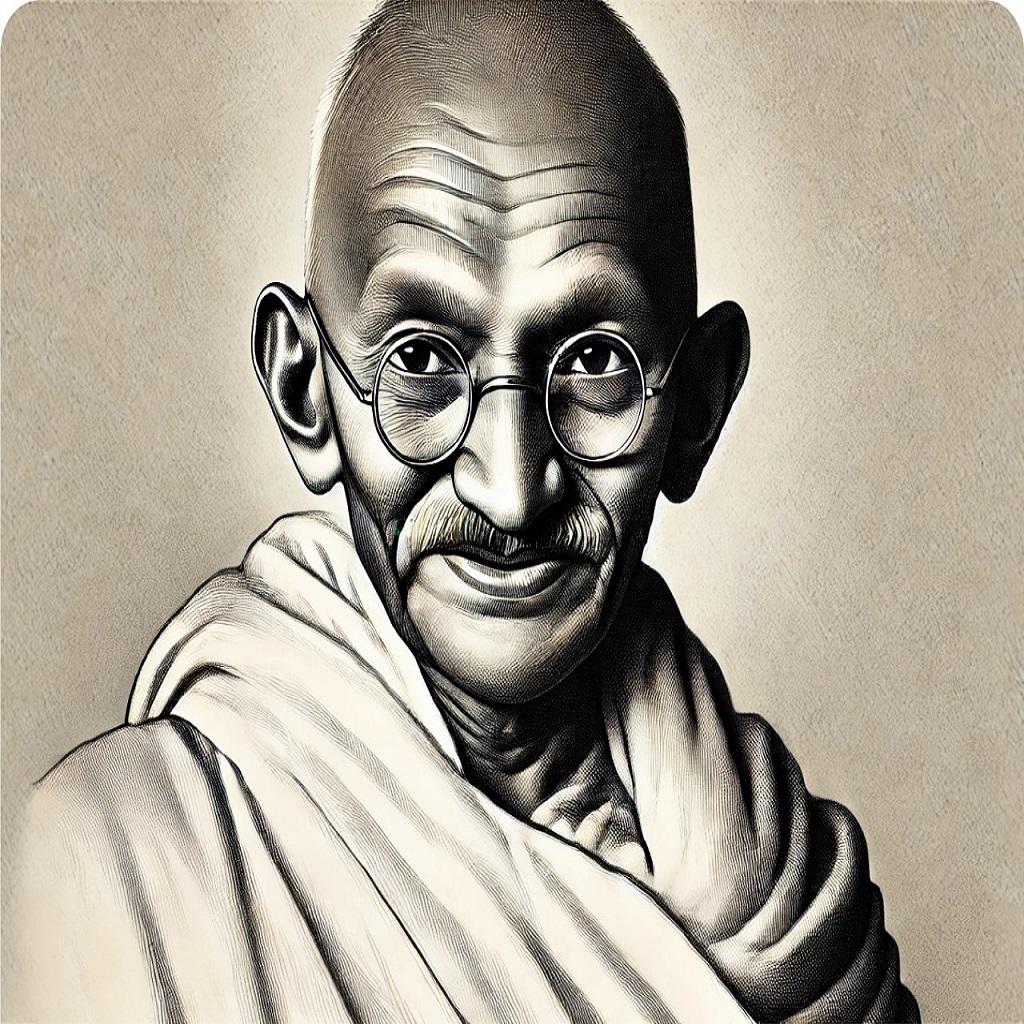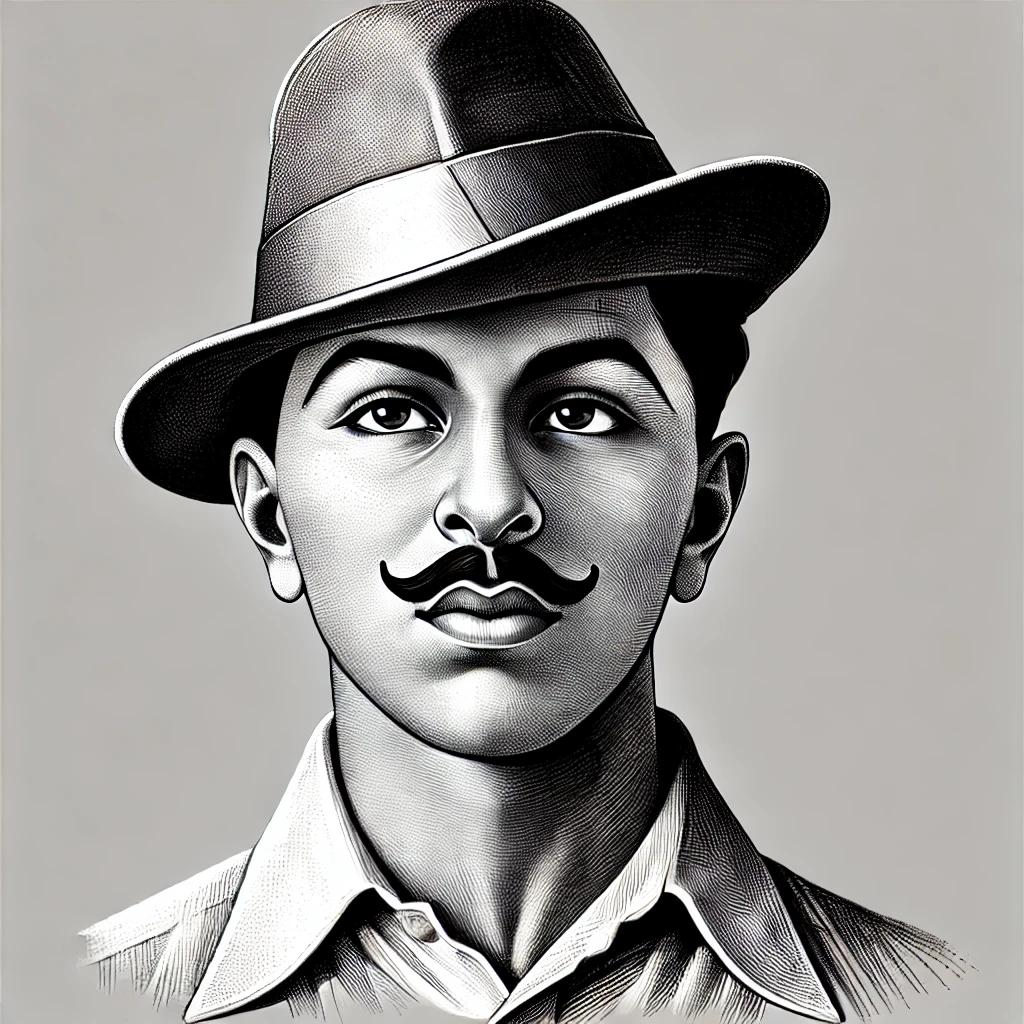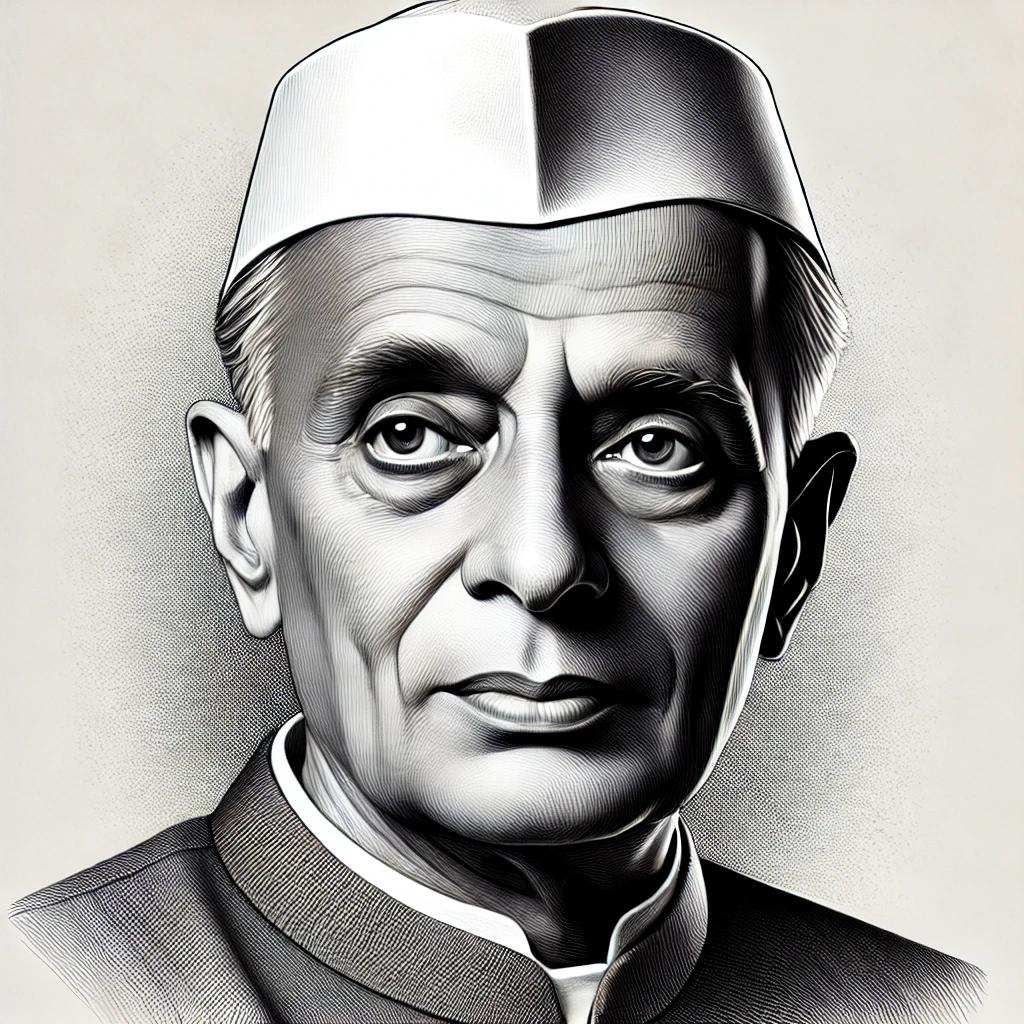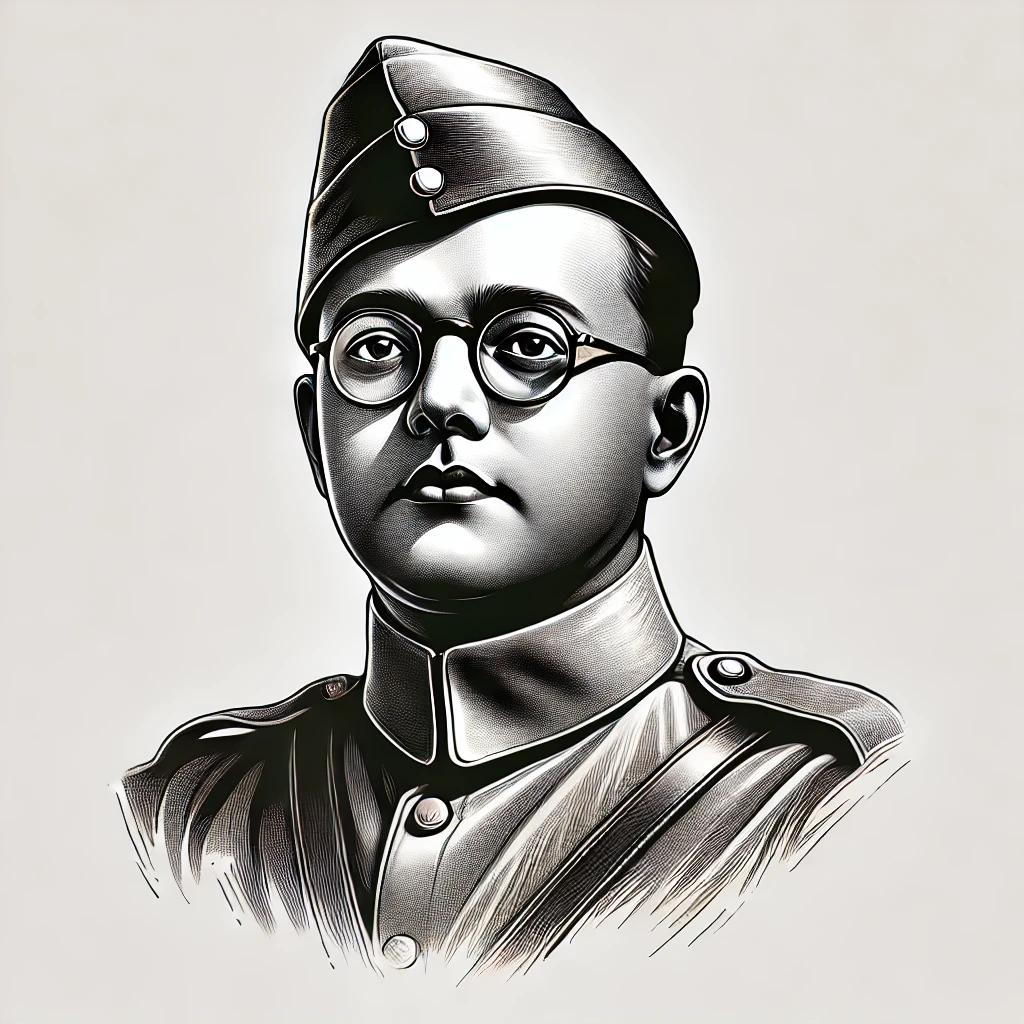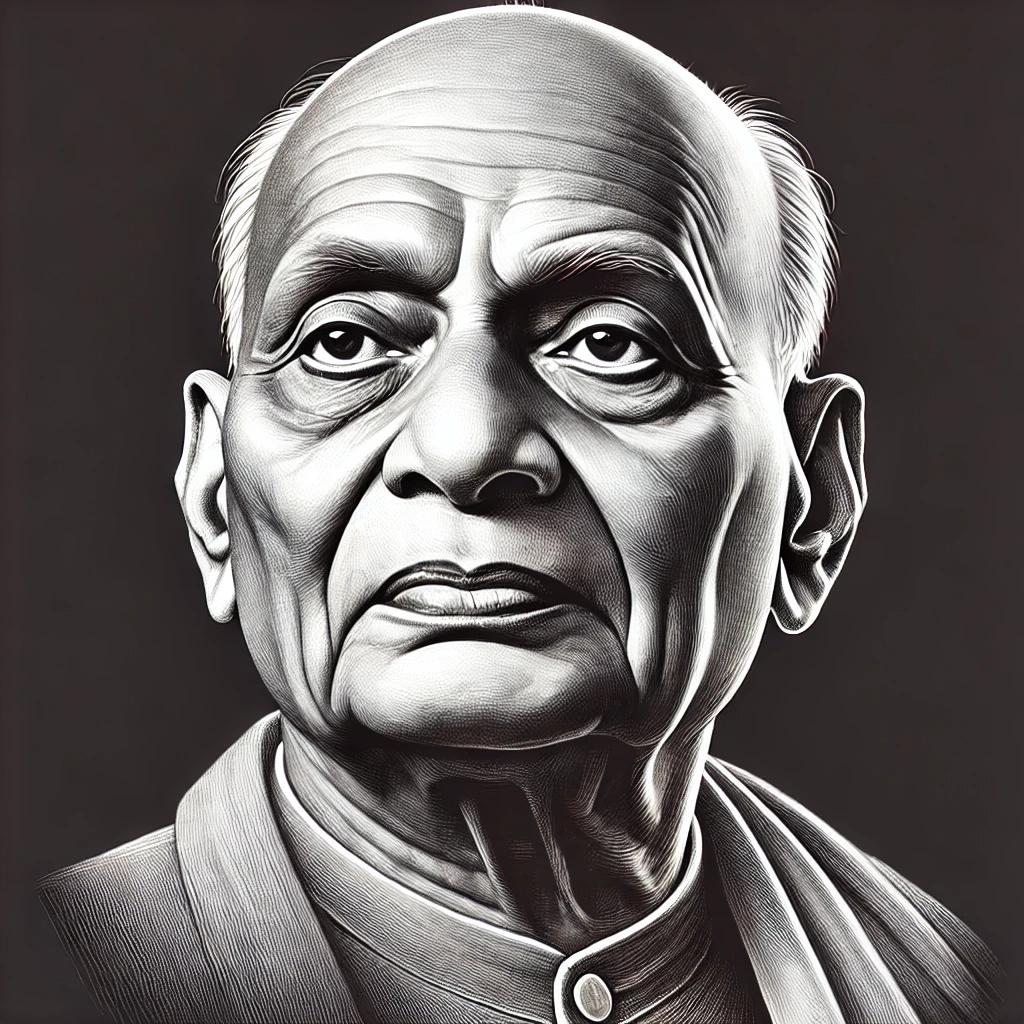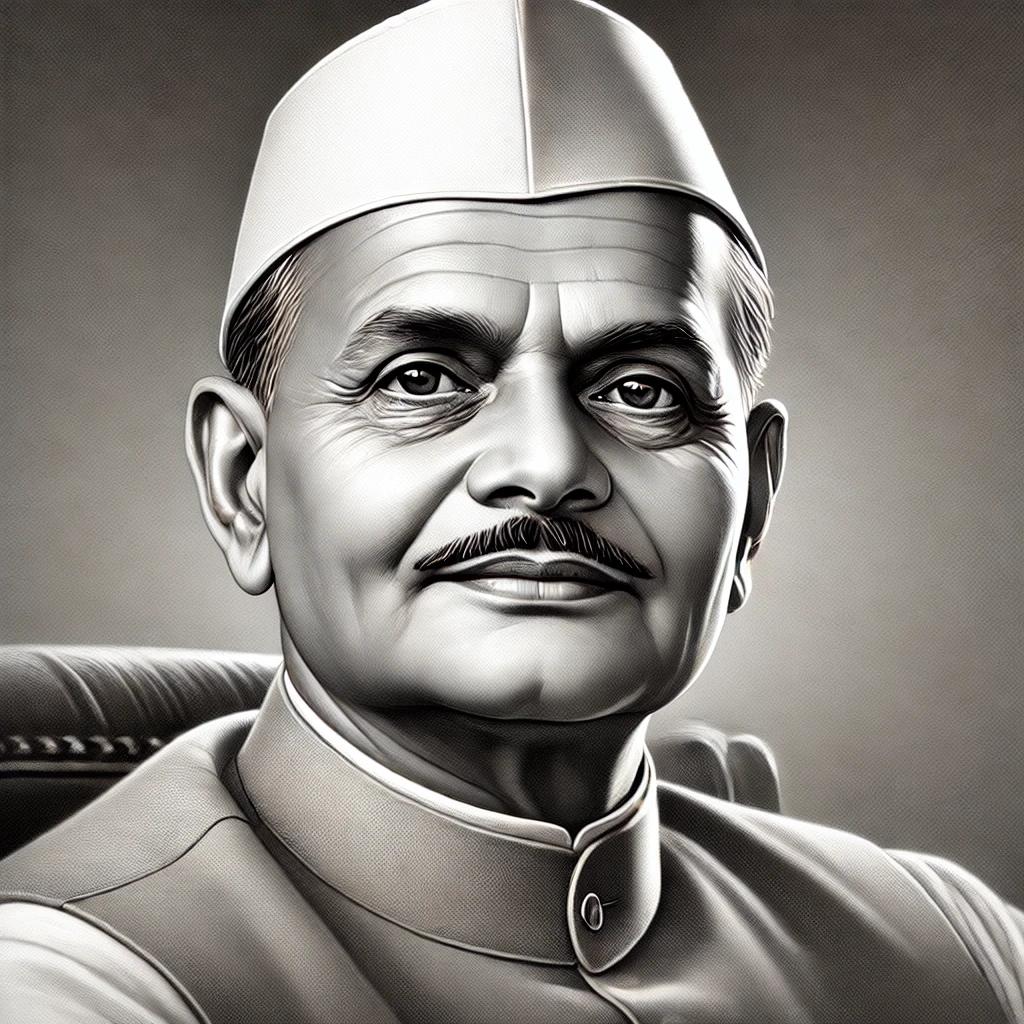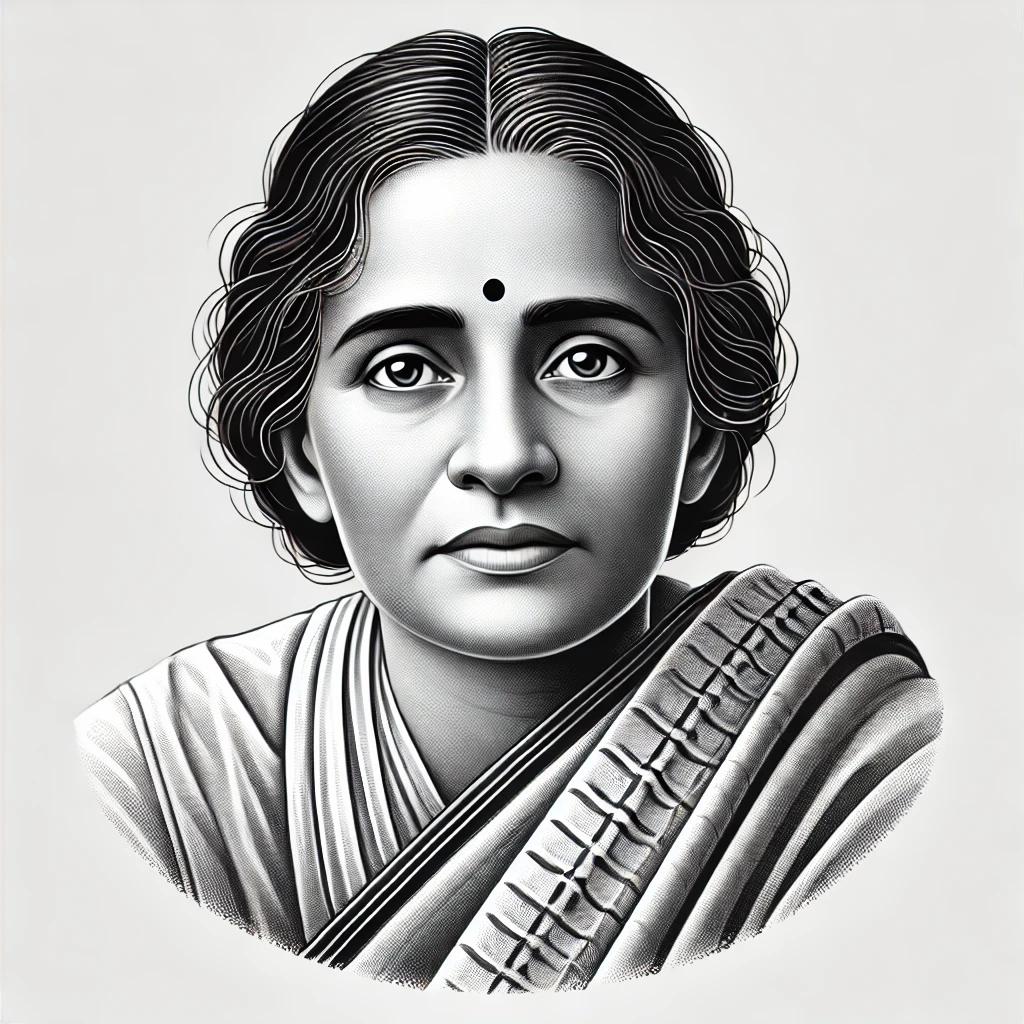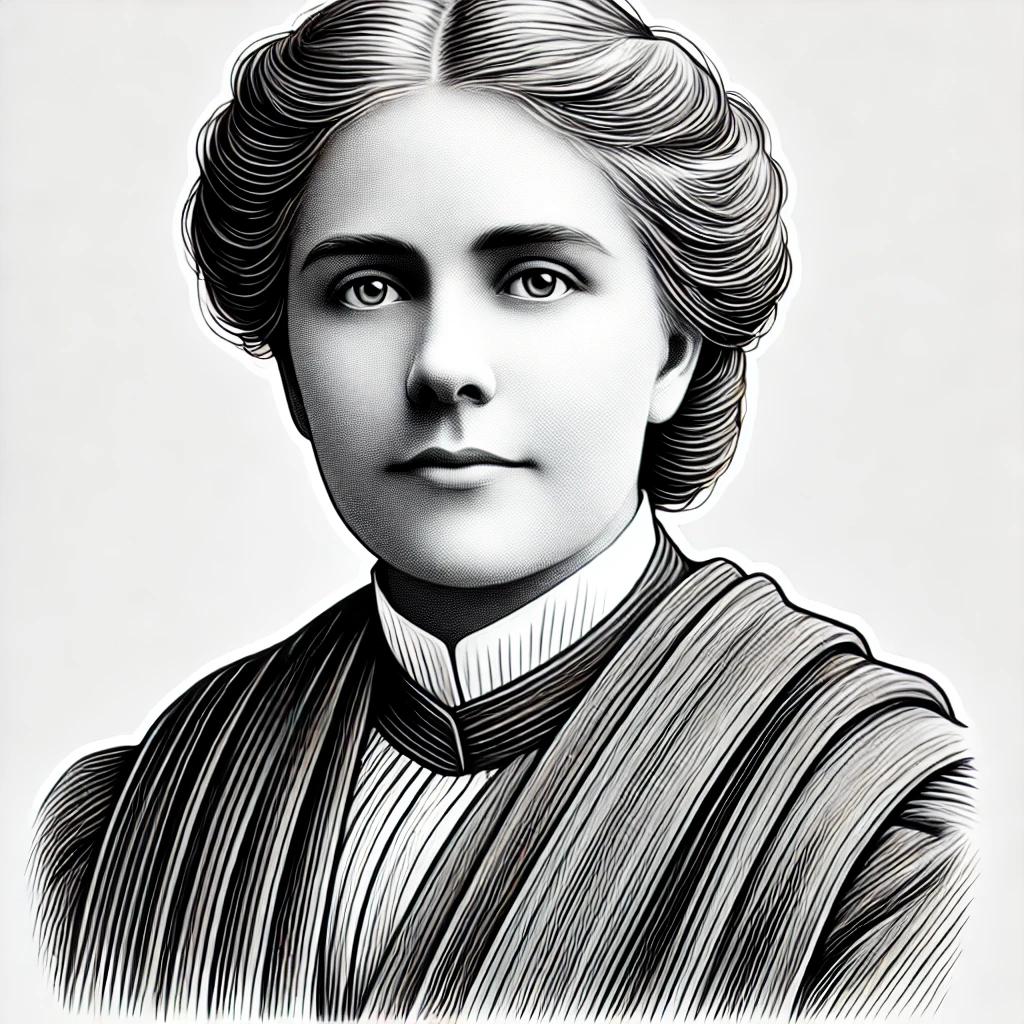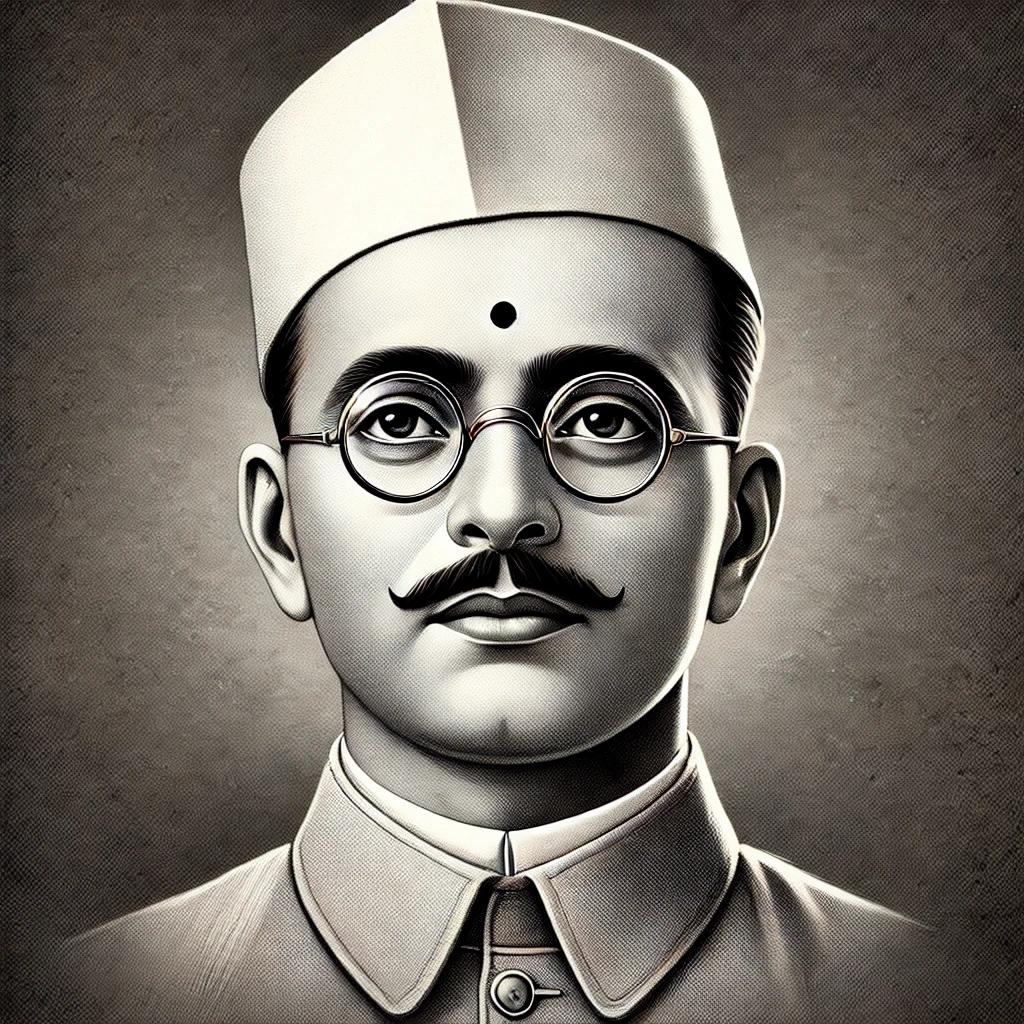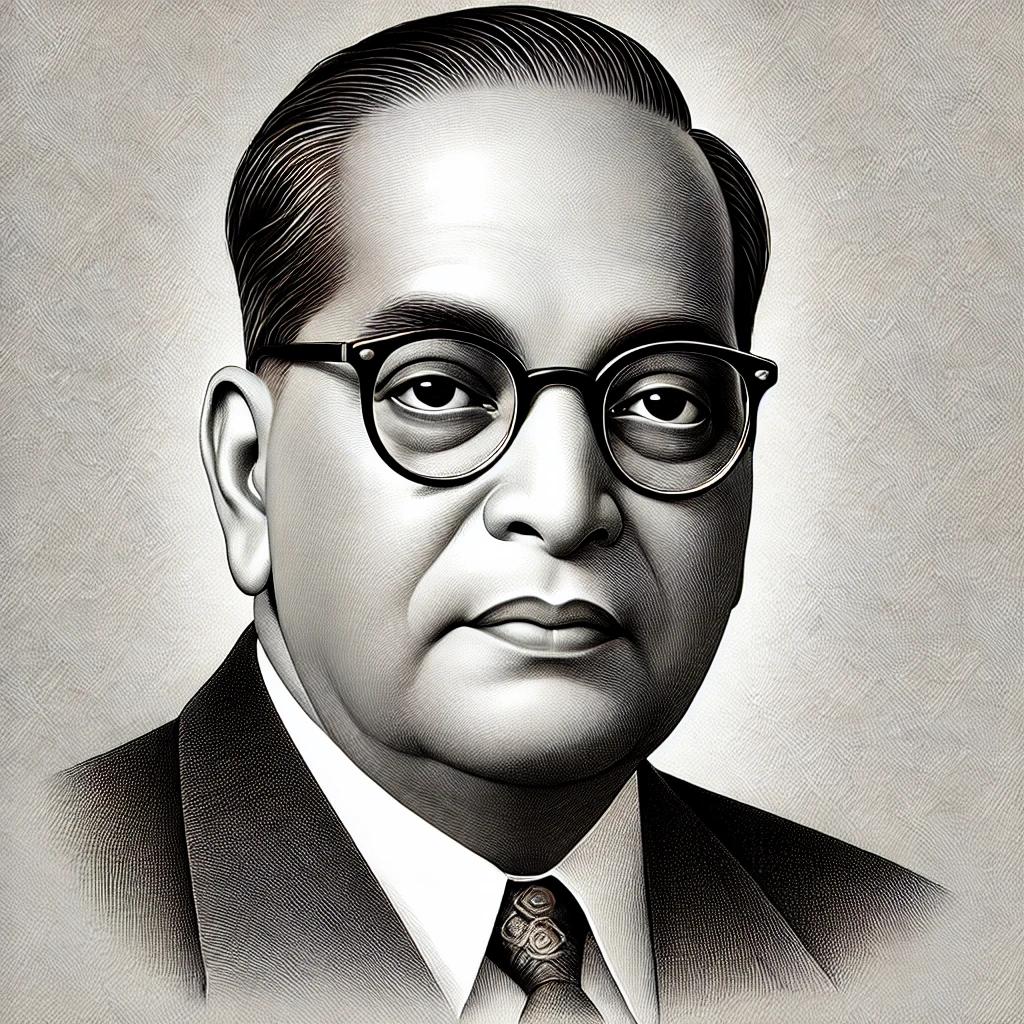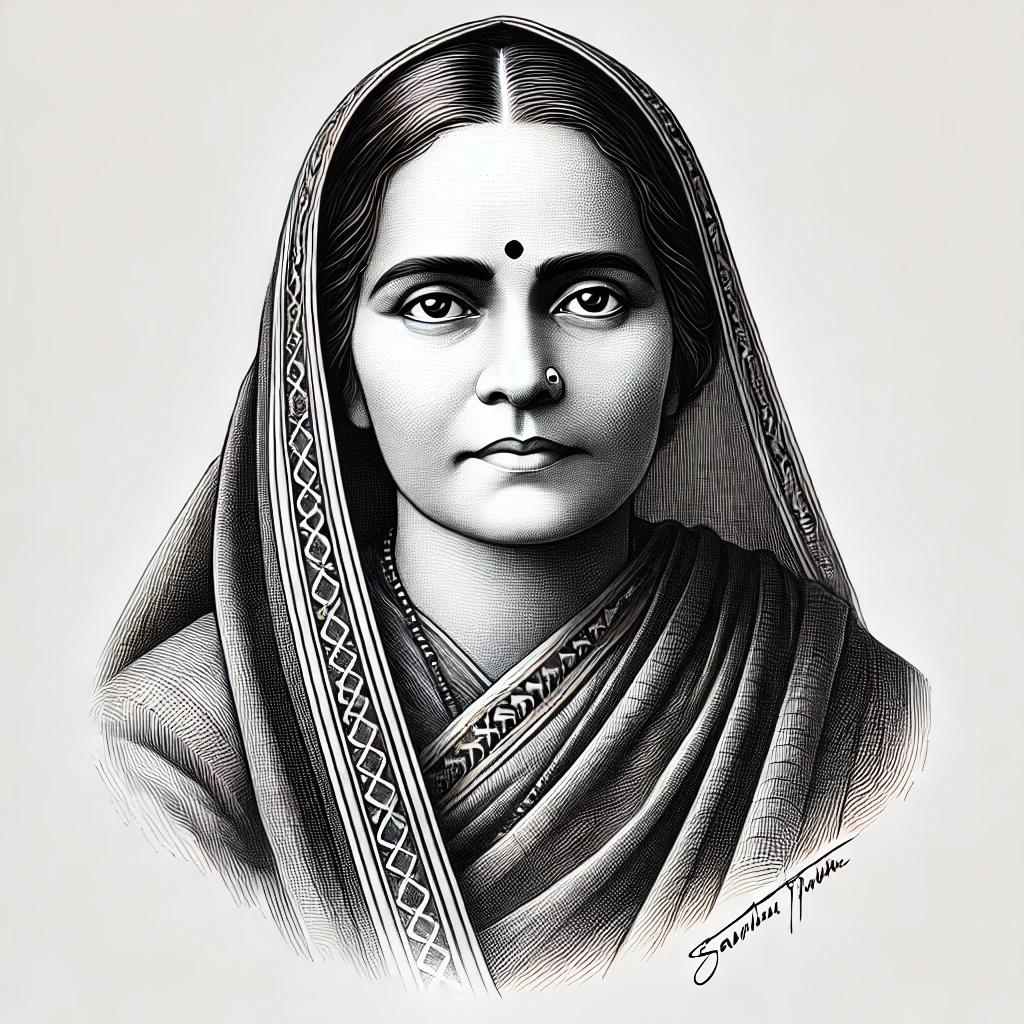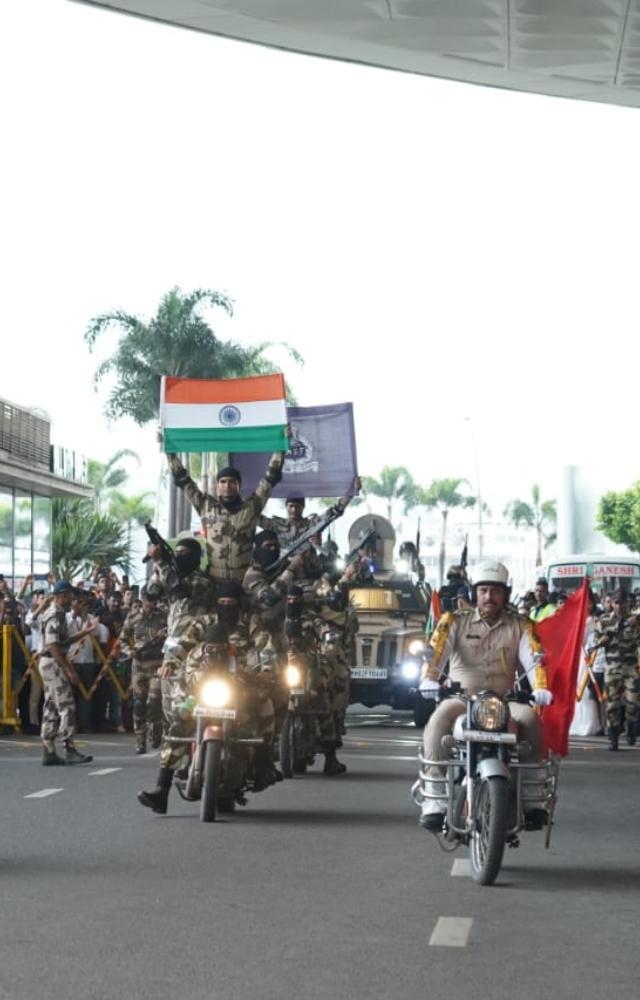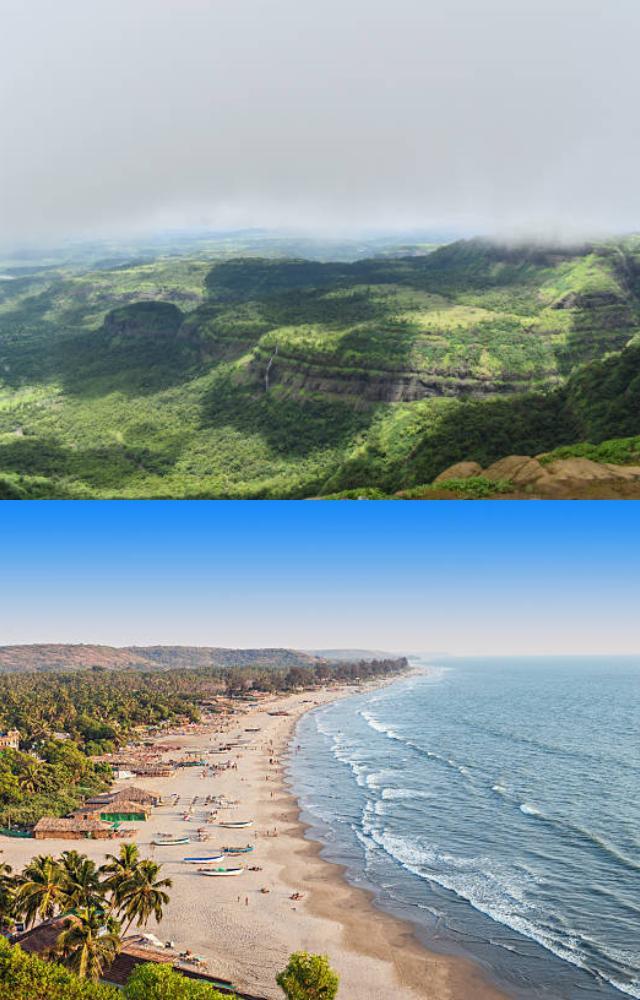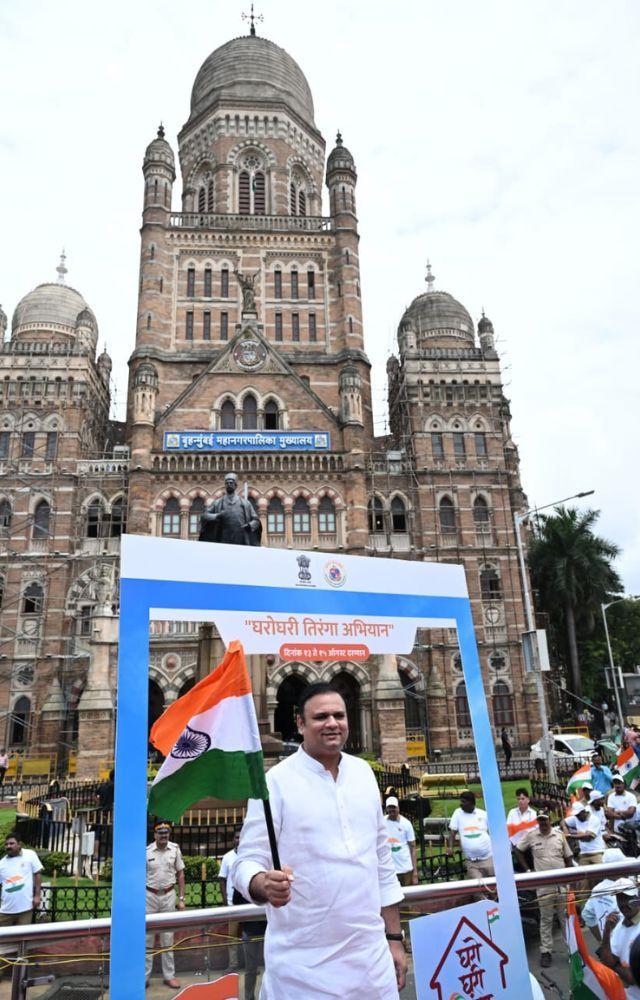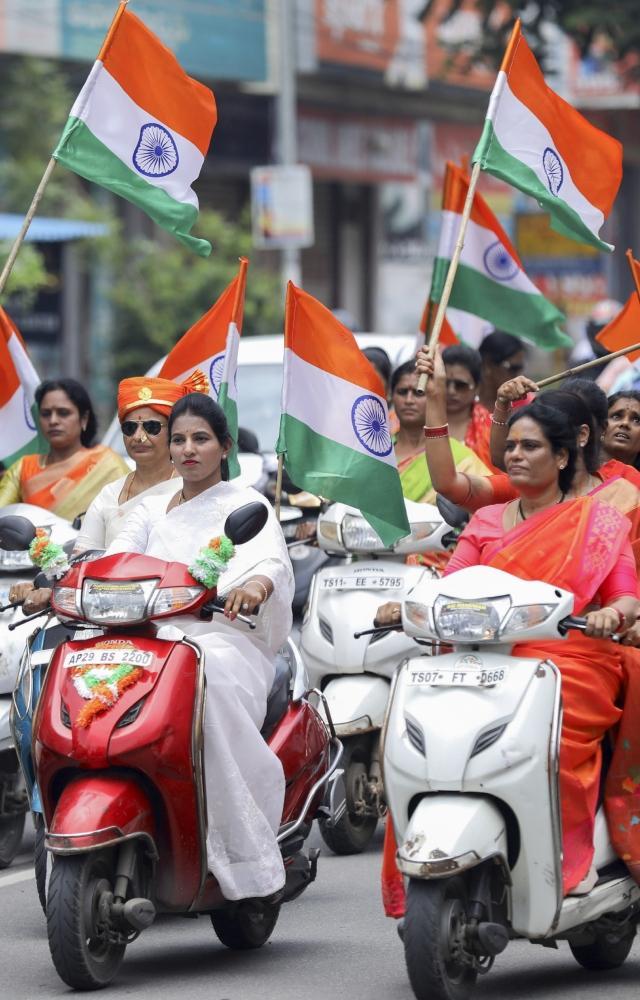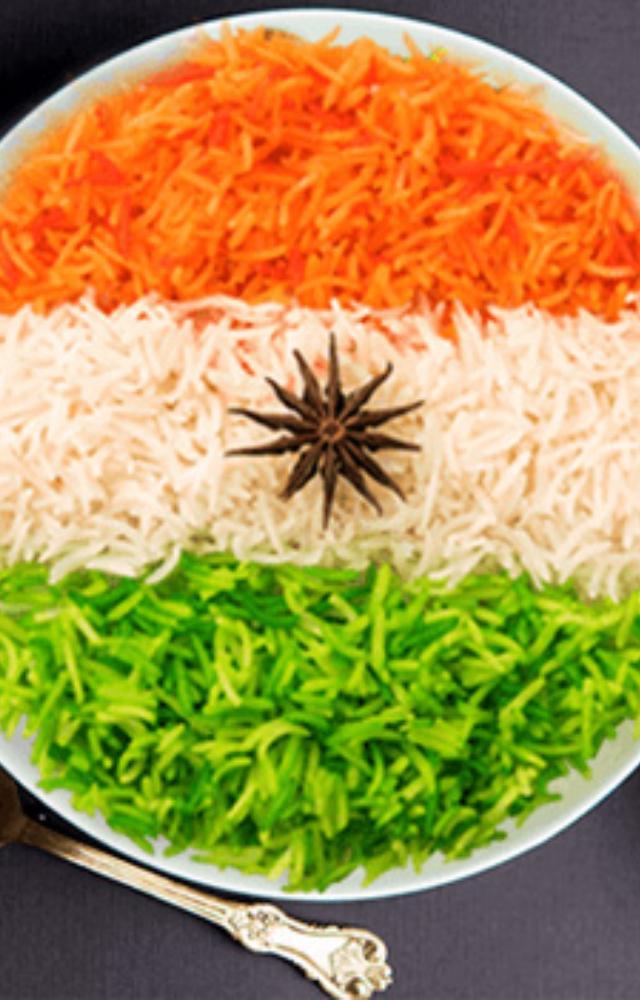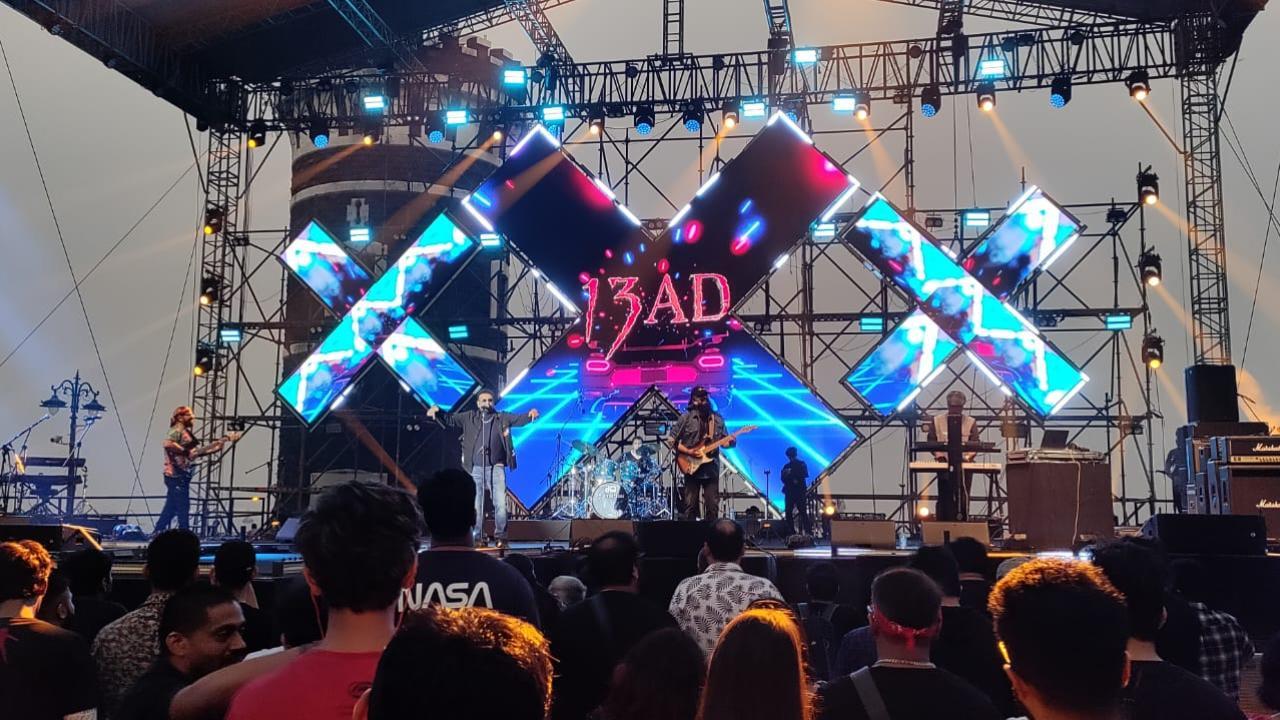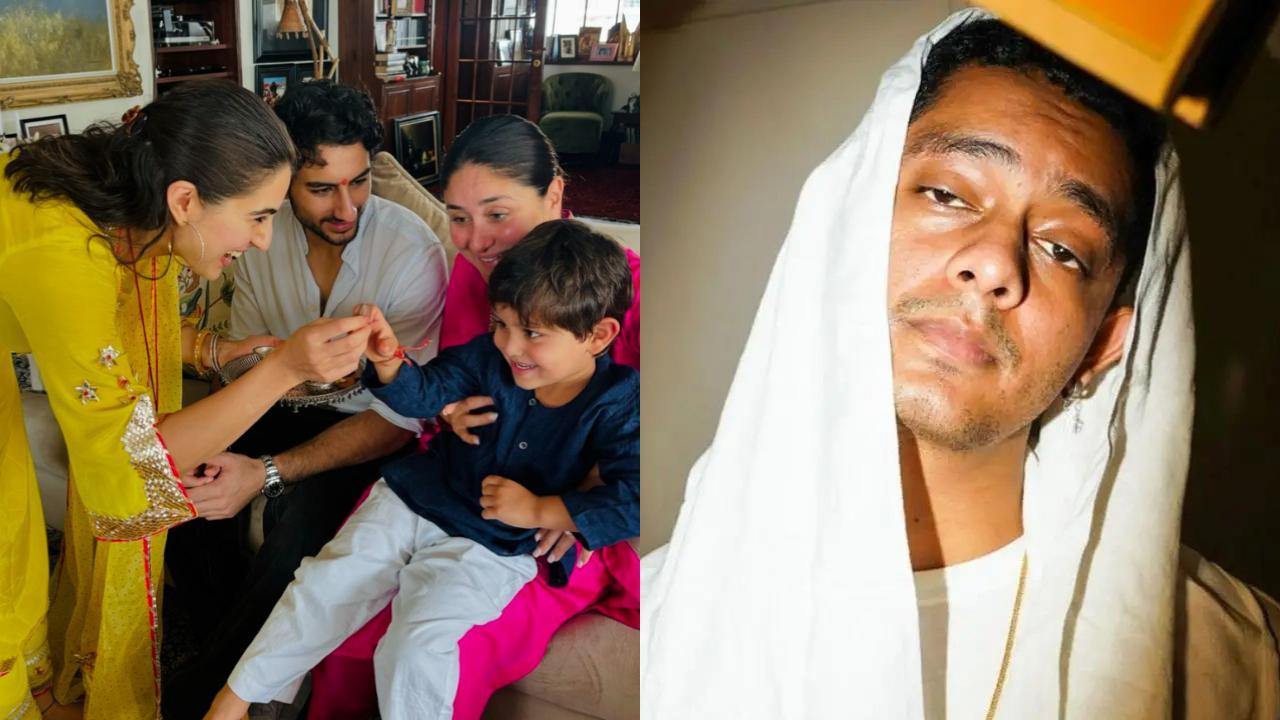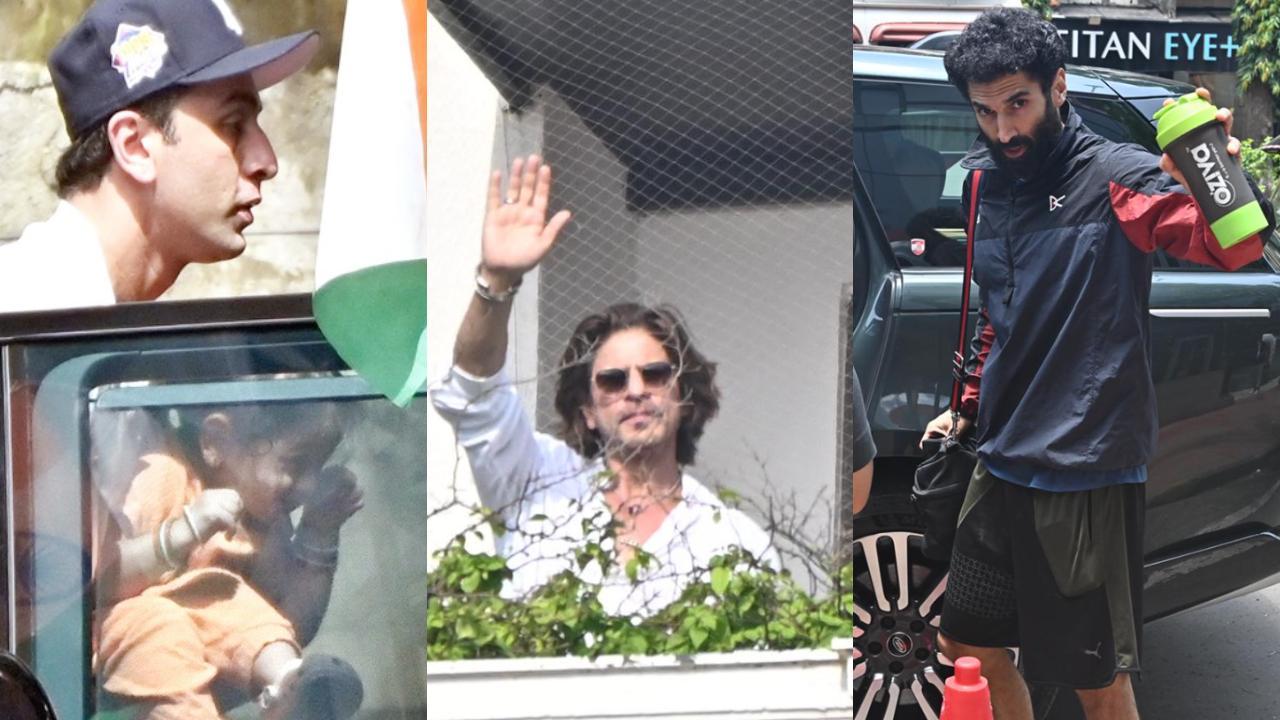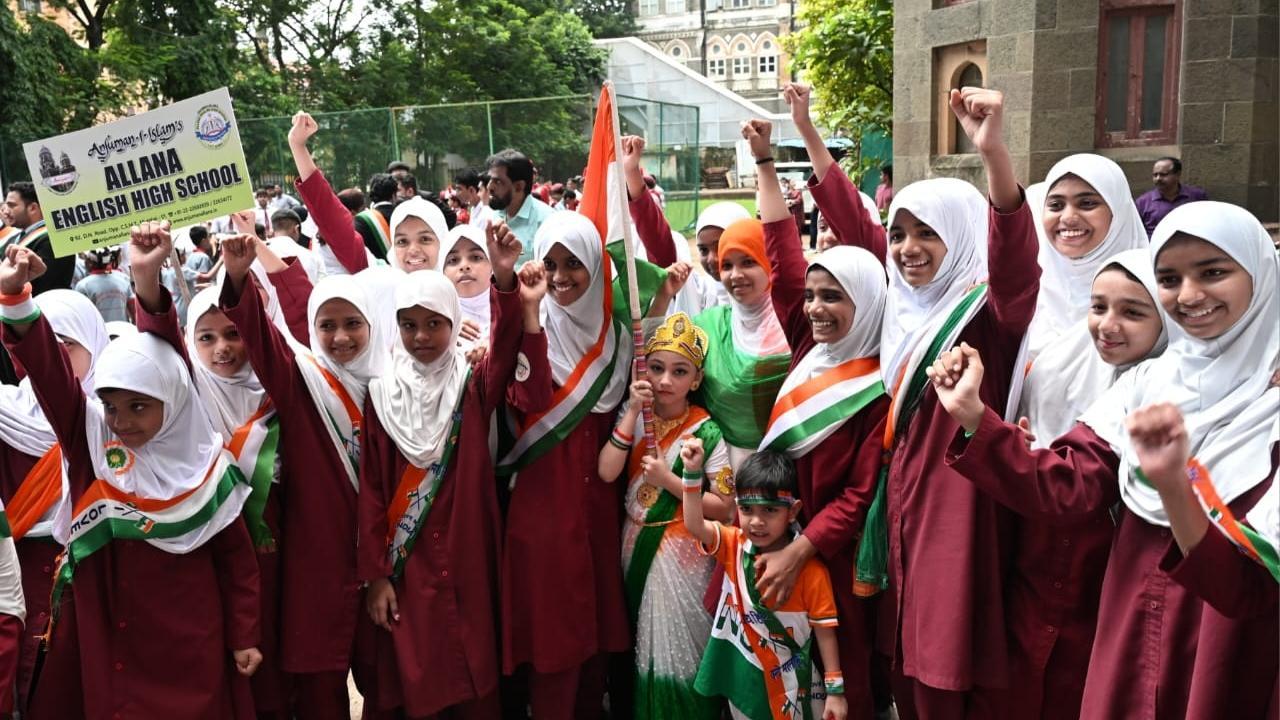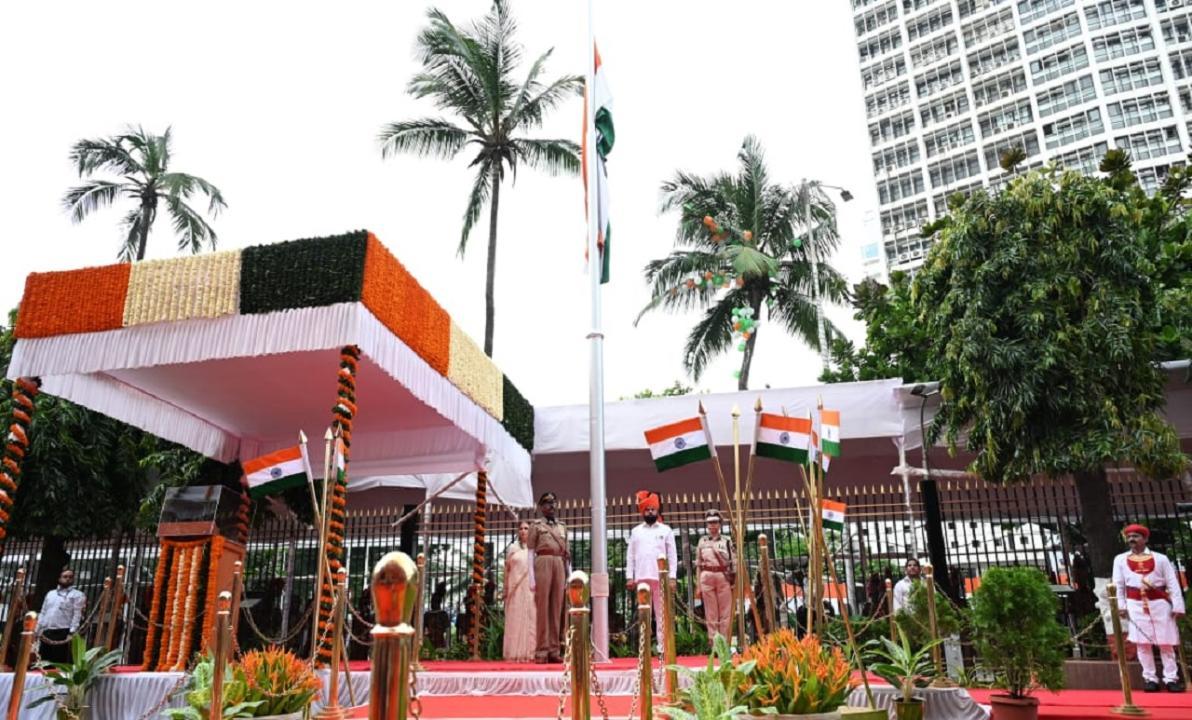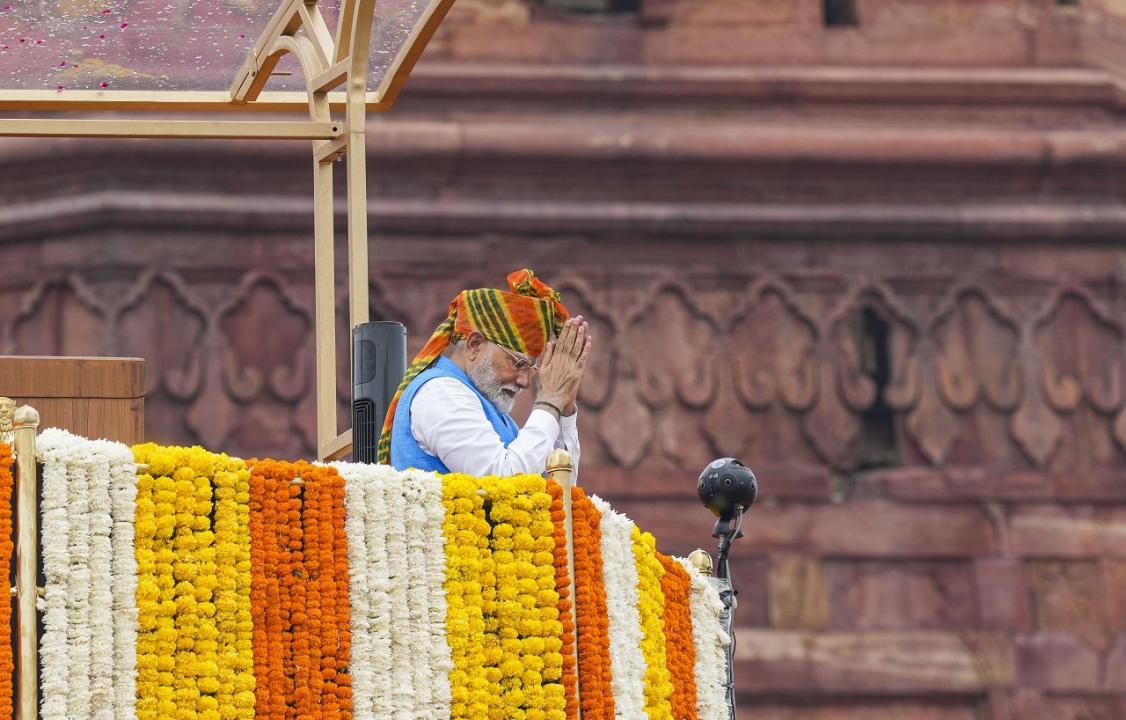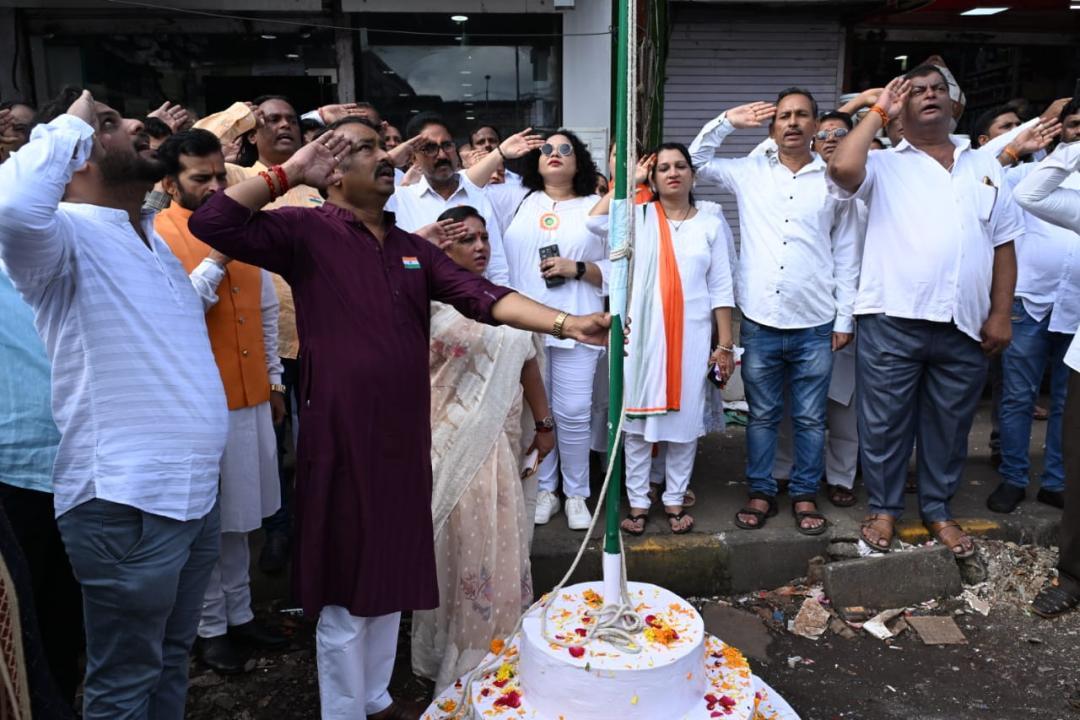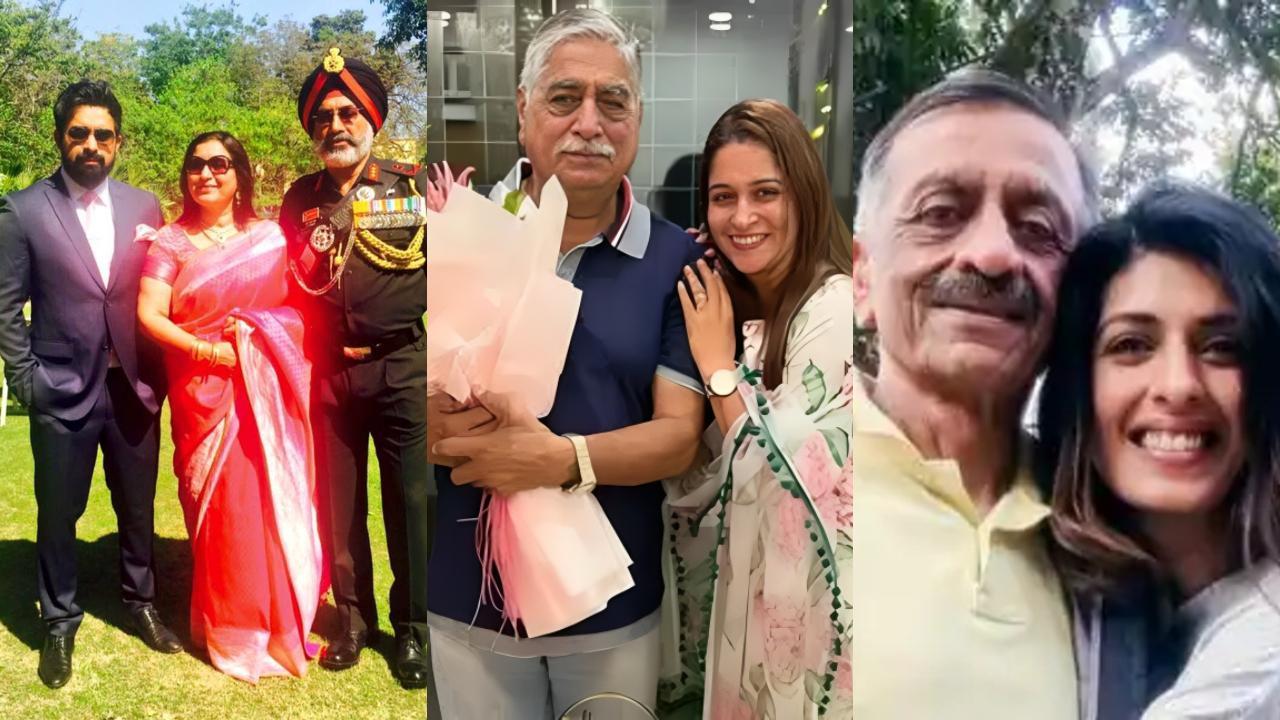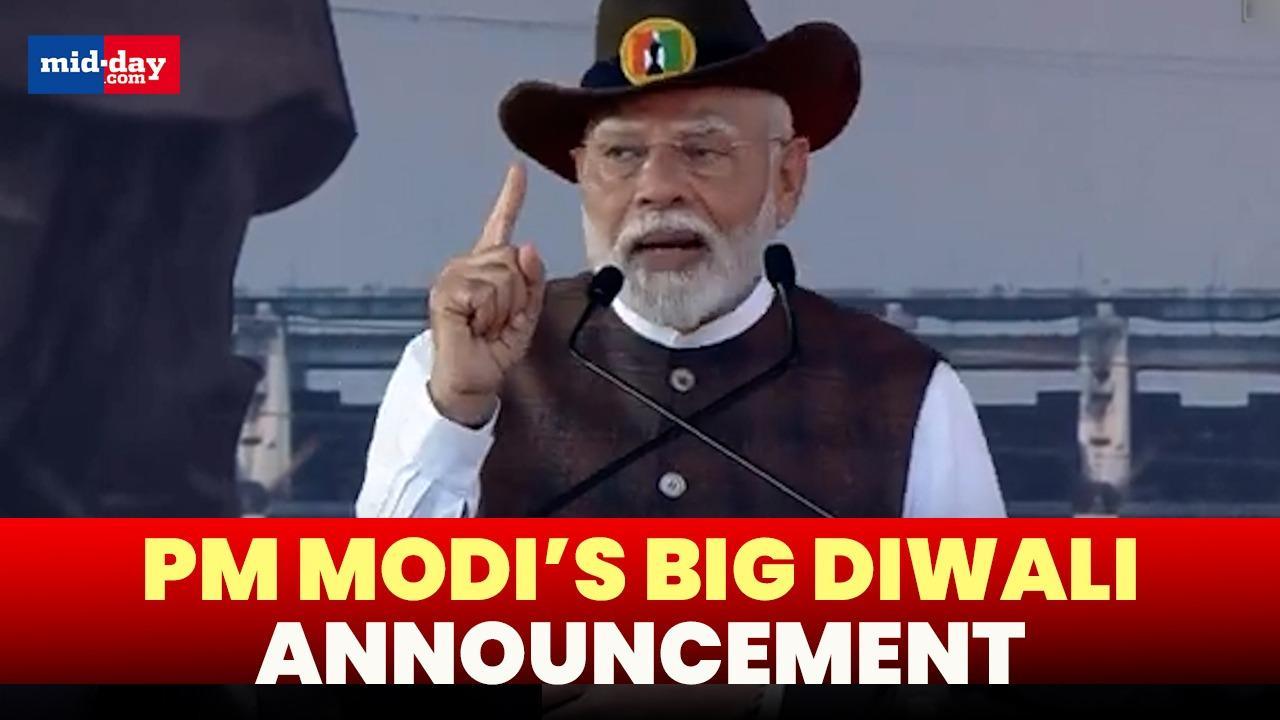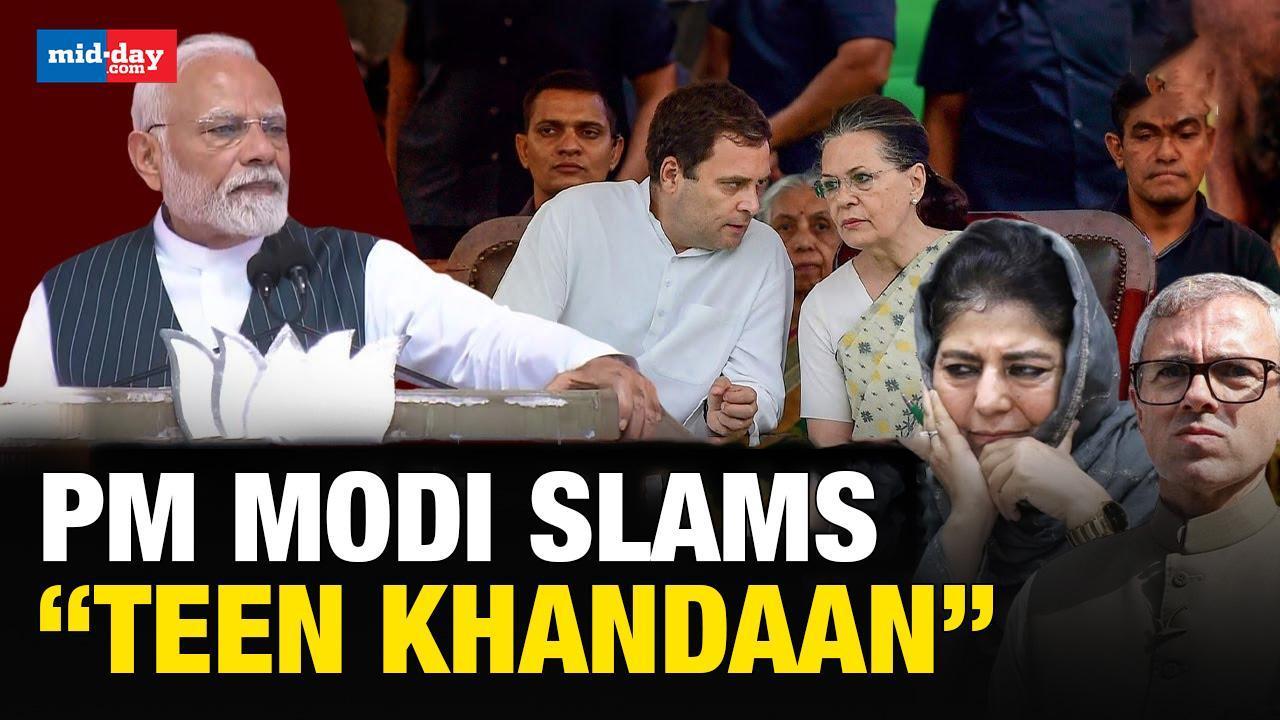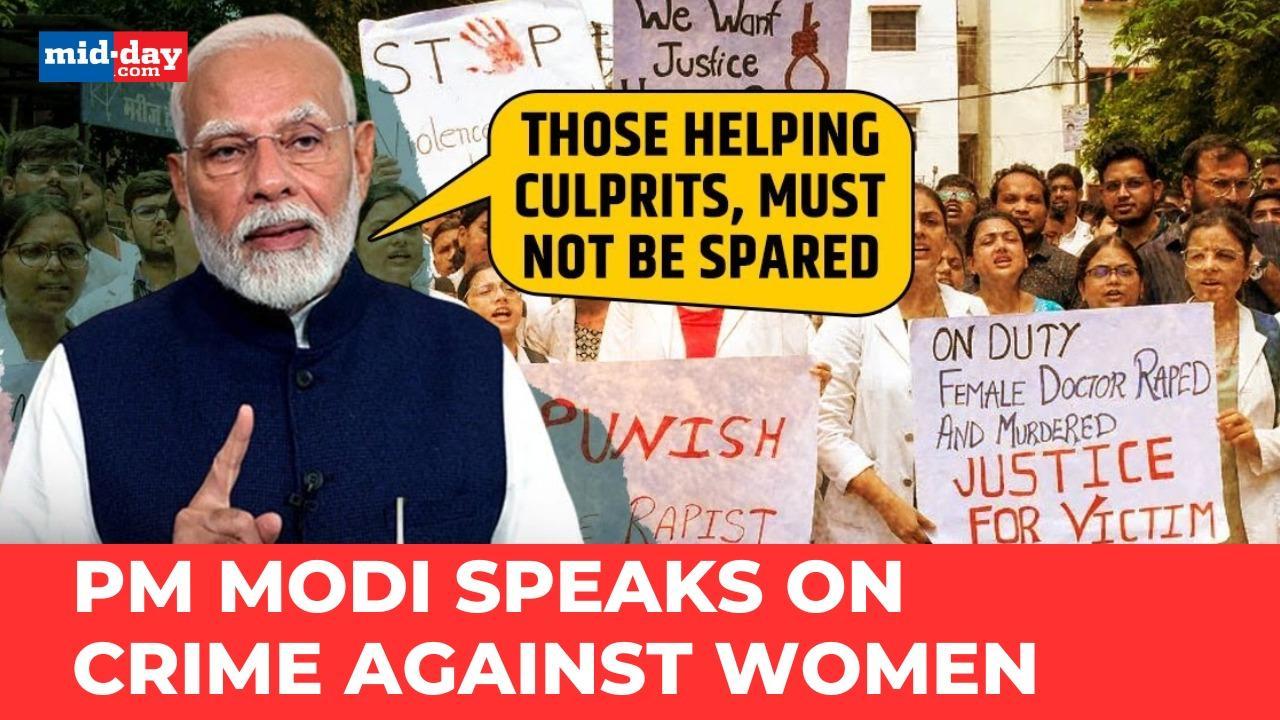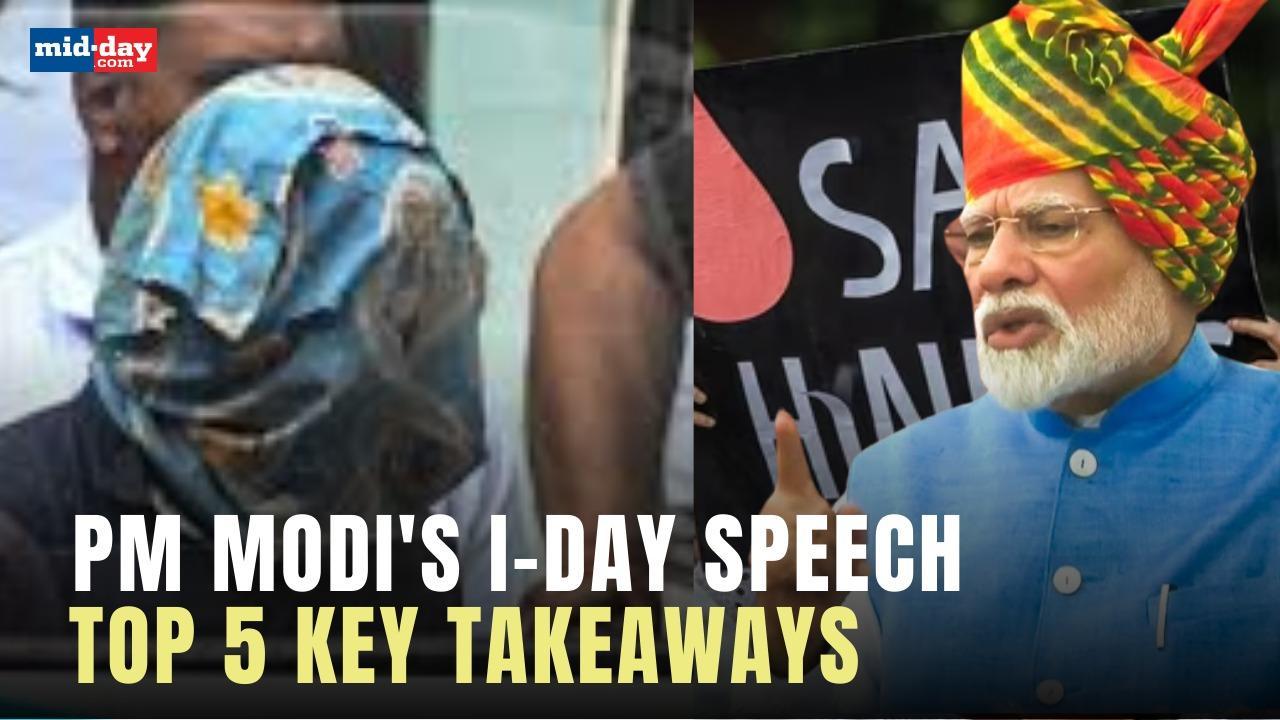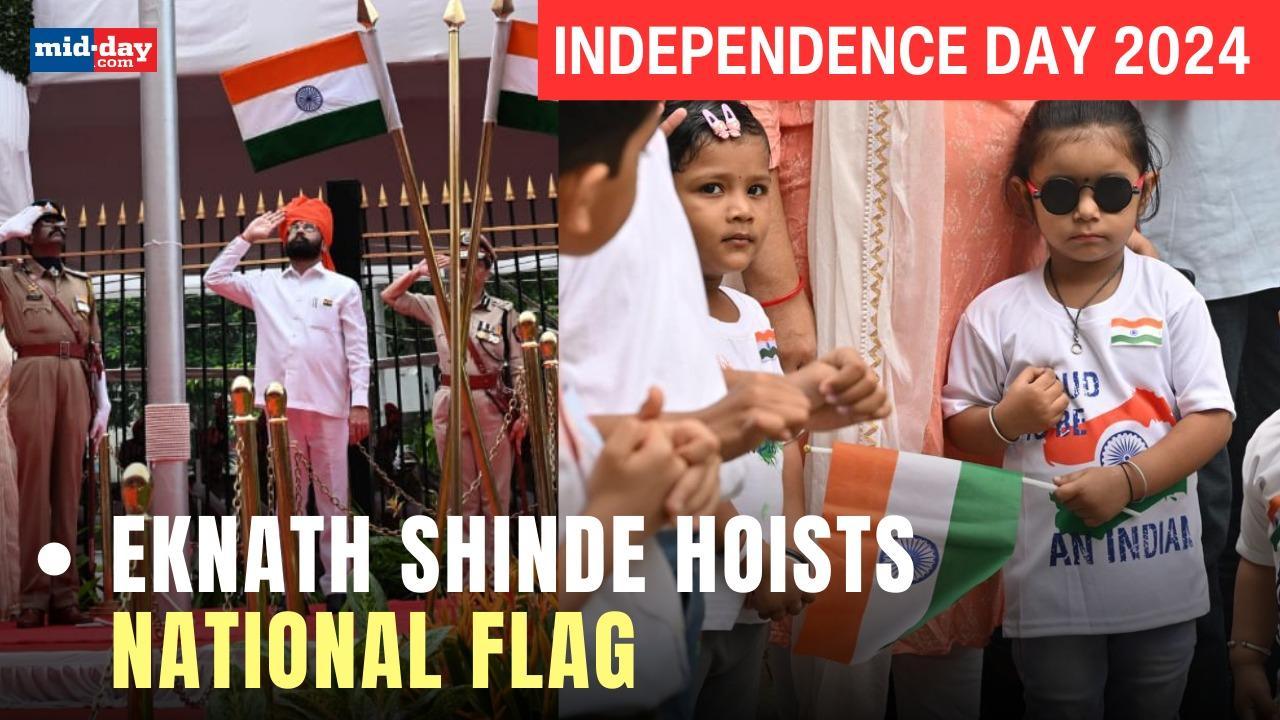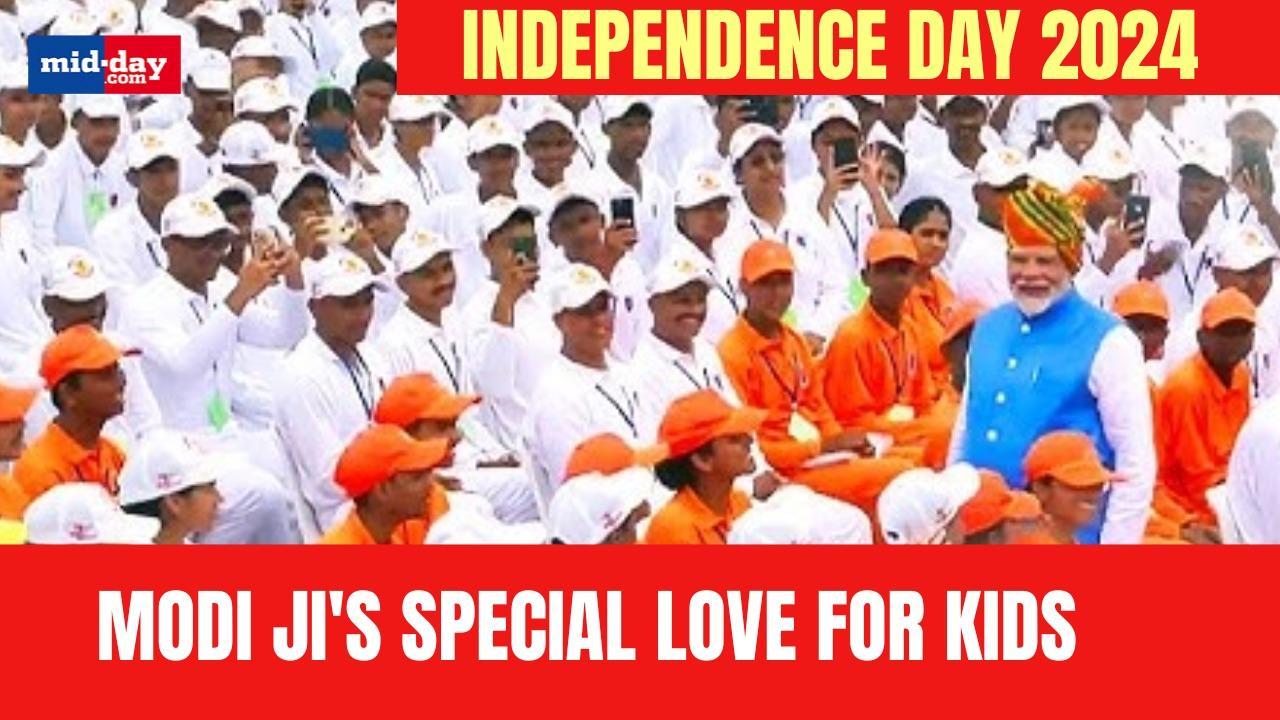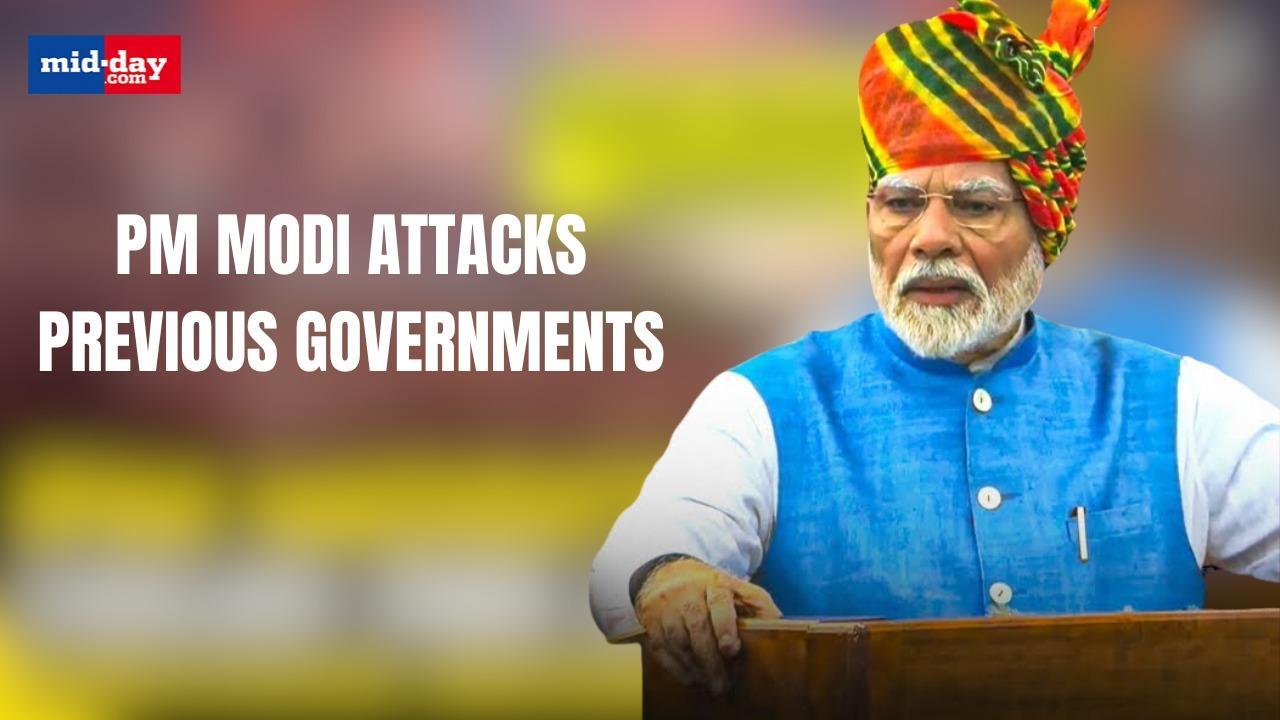
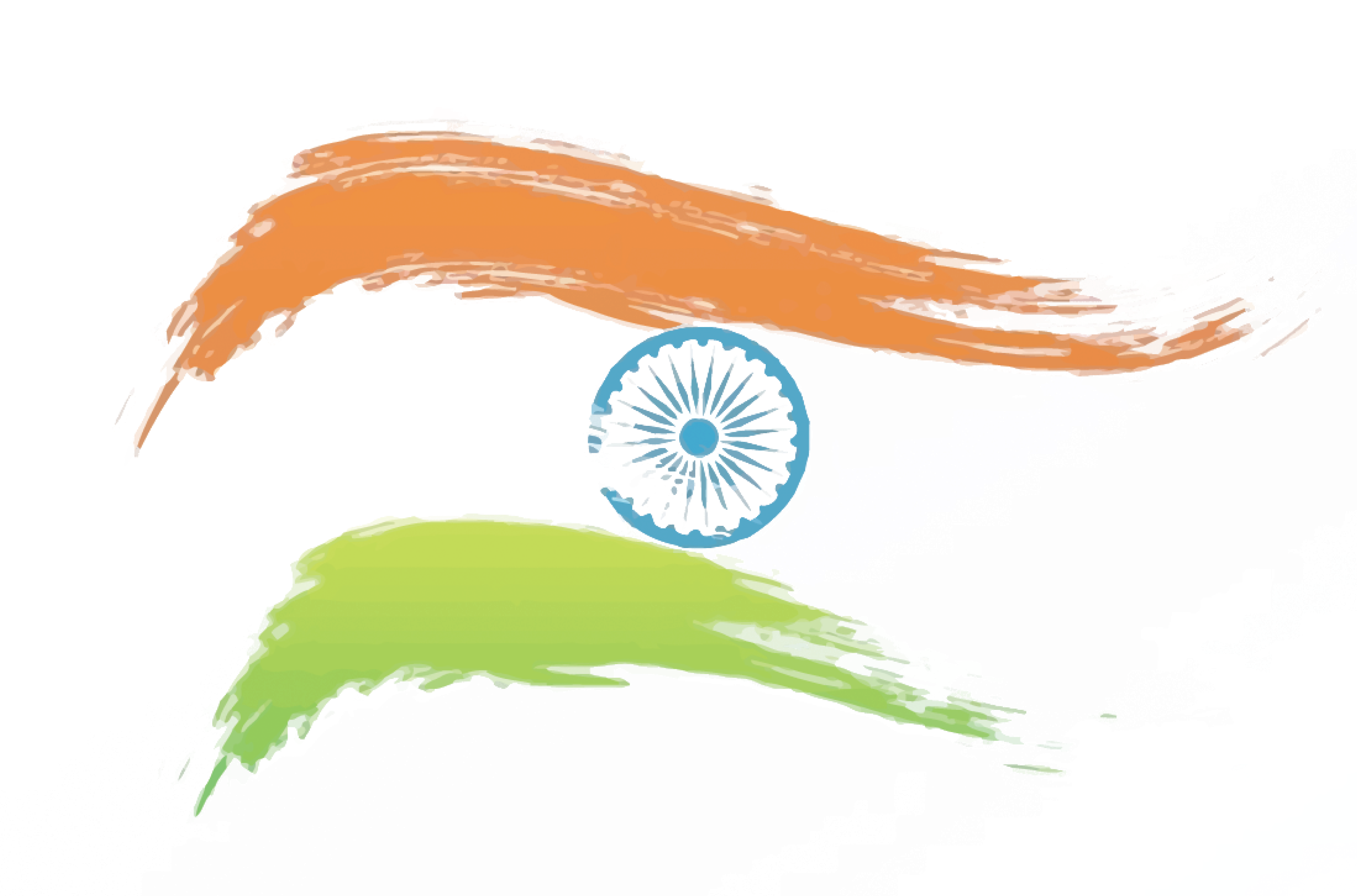
Celebrating 78 years of sovereignty

Timeline
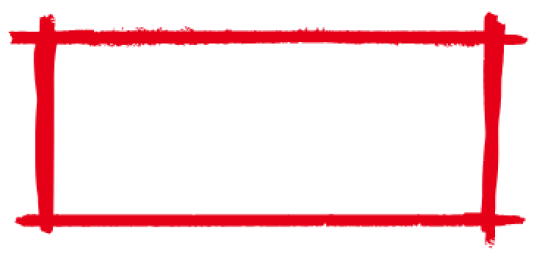
Year 1857-1858
The First War of 
Indian Independence
Regarded as the first attempt through an uprising for Independence against the British, it is also called as the Sepoy Mutiny or the Indian Rebellion of 1857. While was unsuccessful, it led to the dissolution of the East India Company, and the formation of the British government in India with reorganisation of the army, administration and financial system. It also sowed the seeds for a more organised approach to Independence.
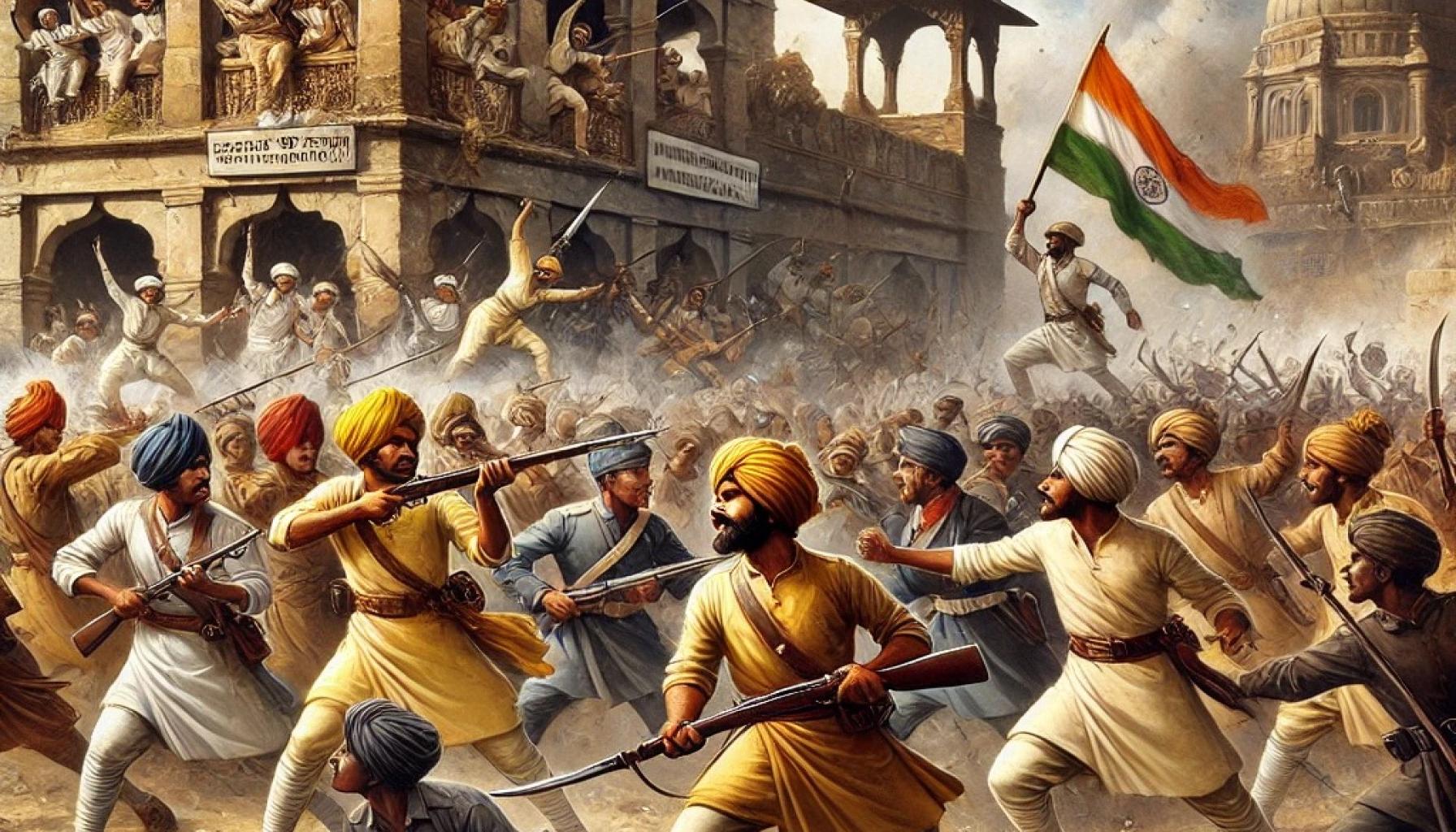
1857-1858
Tatya Tope and Nanasaheb Peshwa of Maratha Empire led the pan-India war against British with their army. Rani Laxmibai of Jhansi was born and brought up in the Maratha sardar’s house and was married to the royals of Jhansi.


Year 1857-1858
The First War of 
Indian Independence


1857-1858
Regarded as the first attempt through an uprising for Independence against the British, it is also called as the Sepoy Mutiny or the Indian Rebellion of 1857. While was unsuccessful, it led to the dissolution of the East India Company, and the formation of the British government in India with reorganisation of the army, administration and financial system. It also sowed the seeds for a more organised approach to Independence.
Tatya Tope and Nanasaheb Peshwa of Maratha Empire led the pan-India war against British with their army. Rani Laxmibai of Jhansi was born and brought up in the Maratha sardar’s house and was married to the royals of Jhansi.


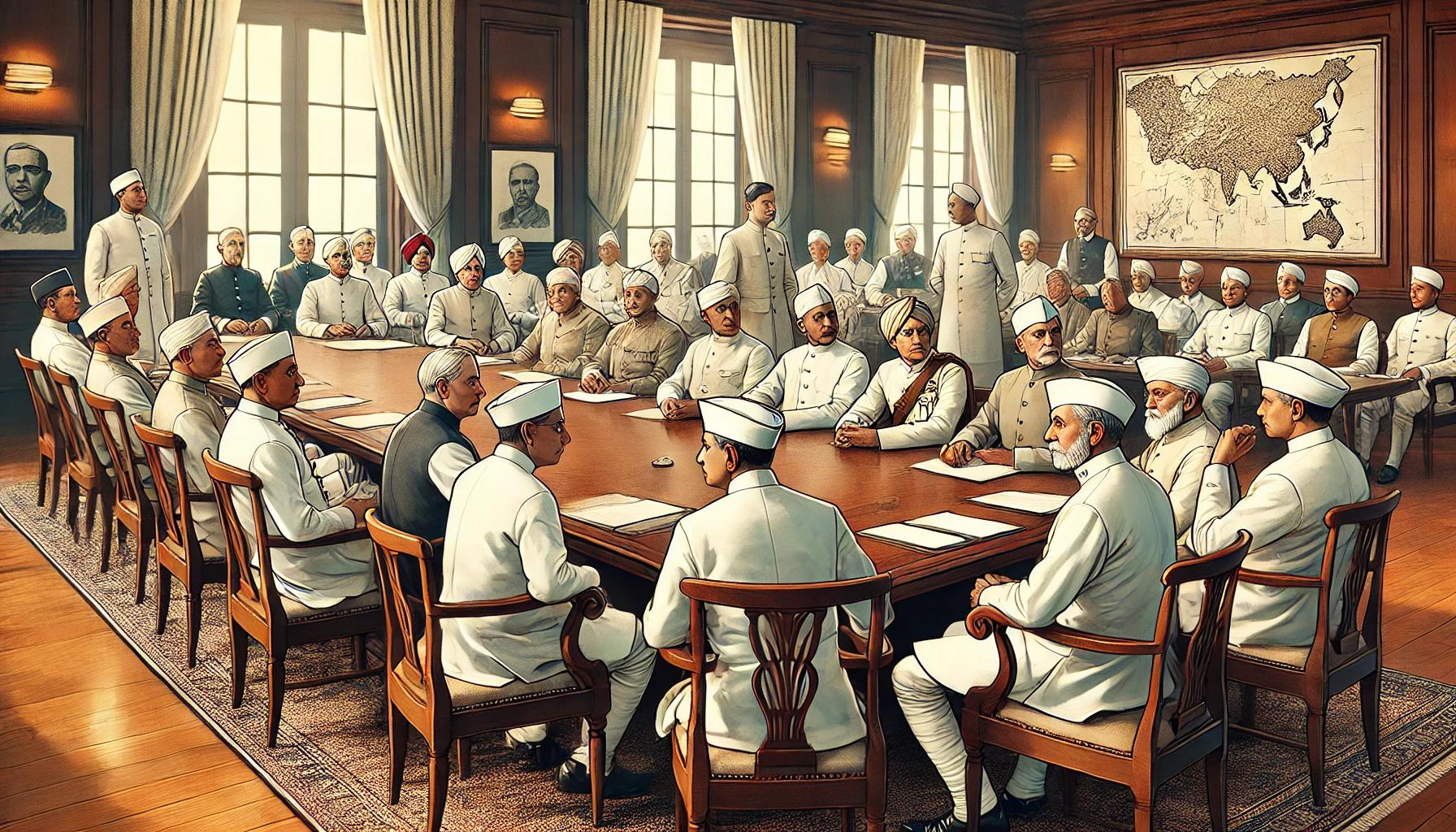
1885

Year 1885
Formation of 
The Indian National Congress
The Indian National Congress is known to be the first modern national party established on December 28, 1885. It was started by Allan Octavian Hume, Womesh Chunder Bonnerjee and became an important movement in the freedom struggle under the leadership of Mahatma Gandhi, followed by Pandit Jawaharlal Nehru, who became the first Prime Minister of India
The first meeting for the foundation of Indian National Congress was held in Bombay and was supported by Bombay barristers, advocates and prominent businessmen of the city.


Year 1885
Formation of 
The Indian National Congress


1885
The Indian National Congress is known to be the first modern national party established on December 28, 1885. It was started by Allan Octavian Hume, Womesh Chunder Bonnerjee and became an important movement in the freedom struggle under the leadership of Mahatma Gandhi, followed by Pandit Jawaharlal Nehru, who became the first Prime Minister of India
The first meeting for the foundation of Indian National Congress was held in Bombay and was supported by Bombay barristers, advocates and prominent businessmen of the city.


Year 1905
Partition of 
The Bengal
The British decision to territorially reorganise Bengal, was announced on July 16, 1905, by Lord Curzon, who was the Viceroy of India at that time. It was an attempt to divide Bengal Presidency into West Bengal for Hindus and East Bengal for Muslims, before it was undone a few years later in 1911 due to strong protests.

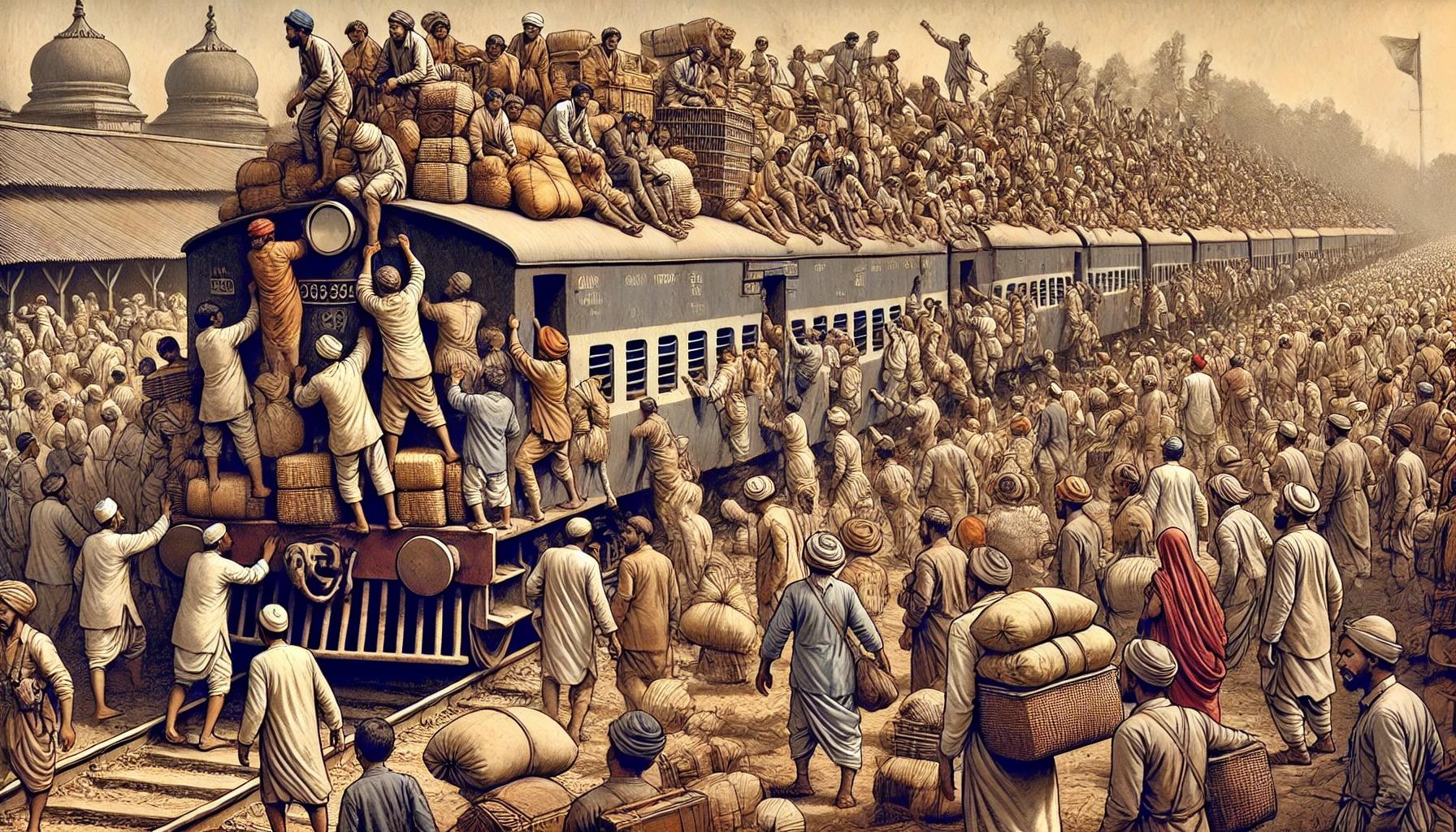
1905
Bal Gangadhar Tilak, a prominent leader of the Indian National Congress, fully supported the protests along with Bipin Chandra Pal, the luminary from Bengal. Lal (Lala Lajpat Rai of Punjab), Bal (Bal Gangadhar Tilak of Bombay Presidency) and Pal (Bipin Chandra Pal of Bengal) ensured that the national sentiment was one on the issue of the Bengal partition.


Year 1905
Partition of 
The Bengal


1905
The British decision to territorially reorganise Bengal, was announced on July 16, 1905, by Lord Curzon, who was the Viceroy of India at that time. It was an attempt to divide Bengal Presidency into West Bengal for Hindus and East Bengal for Muslims, before it was undone a few years later in 1911 due to strong protests.
Bal Gangadhar Tilak, a prominent leader of the Indian National Congress, fully supported the protests along with Bipin Chandra Pal, the luminary from Bengal. Lal (Lala Lajpat Rai of Punjab), Bal (Bal Gangadhar Tilak of Bombay Presidency) and Pal (Bipin Chandra Pal of Bengal) ensured that the national sentiment was one on the issue of the Bengal partition.


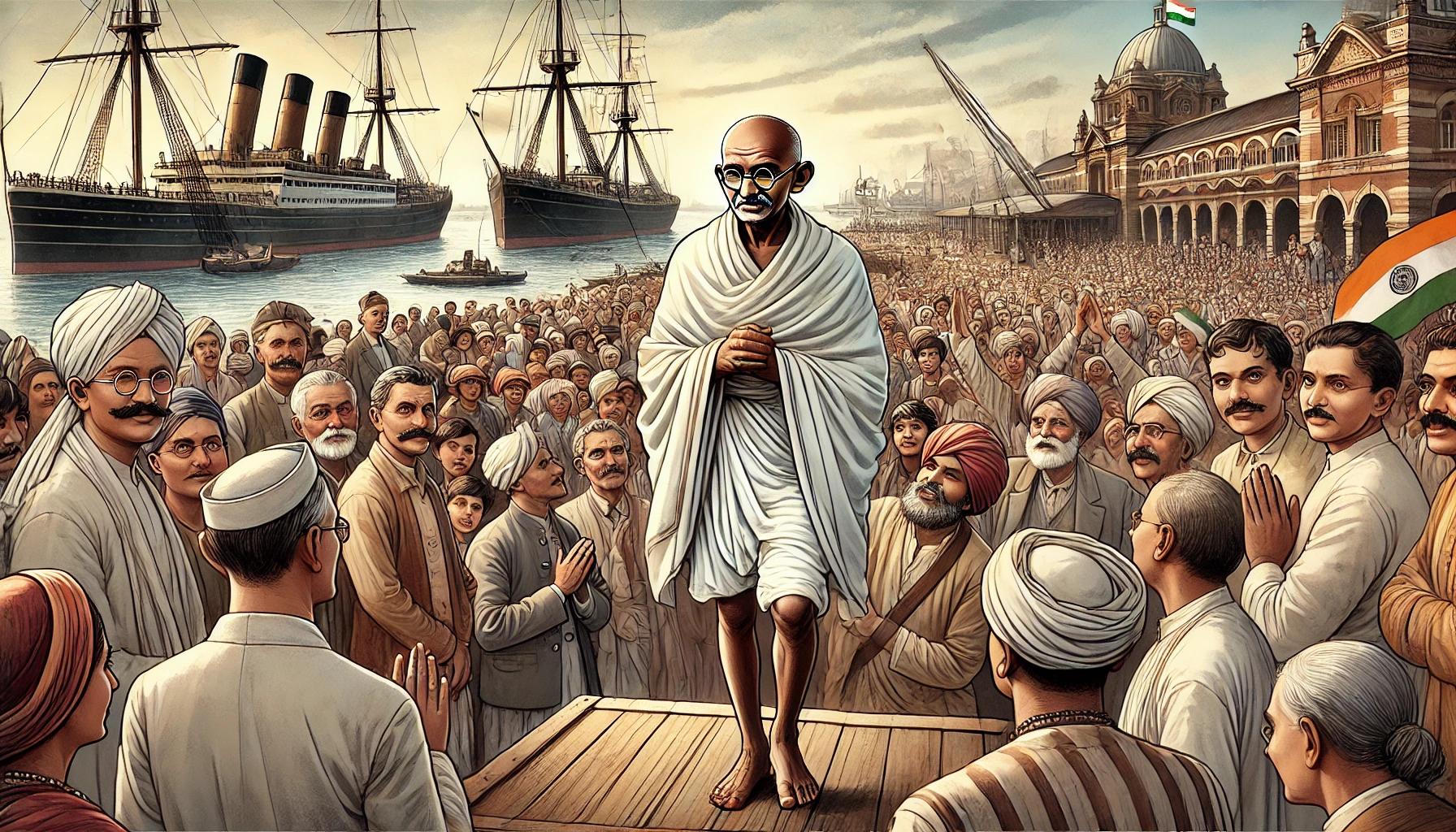
1915

Year 1915
Gandhi's 
Return to India
Mohandas Karamchand Gandhi, popularly known as Mahatma Gandhi, returned to Bombay in India from South Africa on January 9, 1915. After living in the country for two decades, he soon became a central figure in the freedom struggle, employing non-violent resistance as a key strategy in the freedom struggle for India.
When Gandhi came to India from Africa, he was given a royal welcome by the local Congress leaders. It was Gopal Krishna Gokhale who suggested Gandhiji to embark on a nation-wide tour to understand the country and its people.

Year 1915
Gandhi's 
Return to India


1915
Mohandas Karamchand Gandhi, popularly known as Mahatma Gandhi, returned to Bombay in India from South Africa on January 9, 1915. After living in the country for two decades, he soon became a central figure in the freedom struggle, employing non-violent resistance as a key strategy in the freedom struggle for India.
When Gandhi came to India from Africa, he was given a royal welcome by the local Congress leaders. It was Gopal Krishna Gokhale who suggested Gandhiji to embark on a nation-wide tour to understand the country and its people.


Year 1919
Jallianwala Bagh 
Massacre
The brutal massacre of hundreds of unarmed Indian civilians by British troops in Amritsar deeply shocked the nation and galvanized the independence movement.

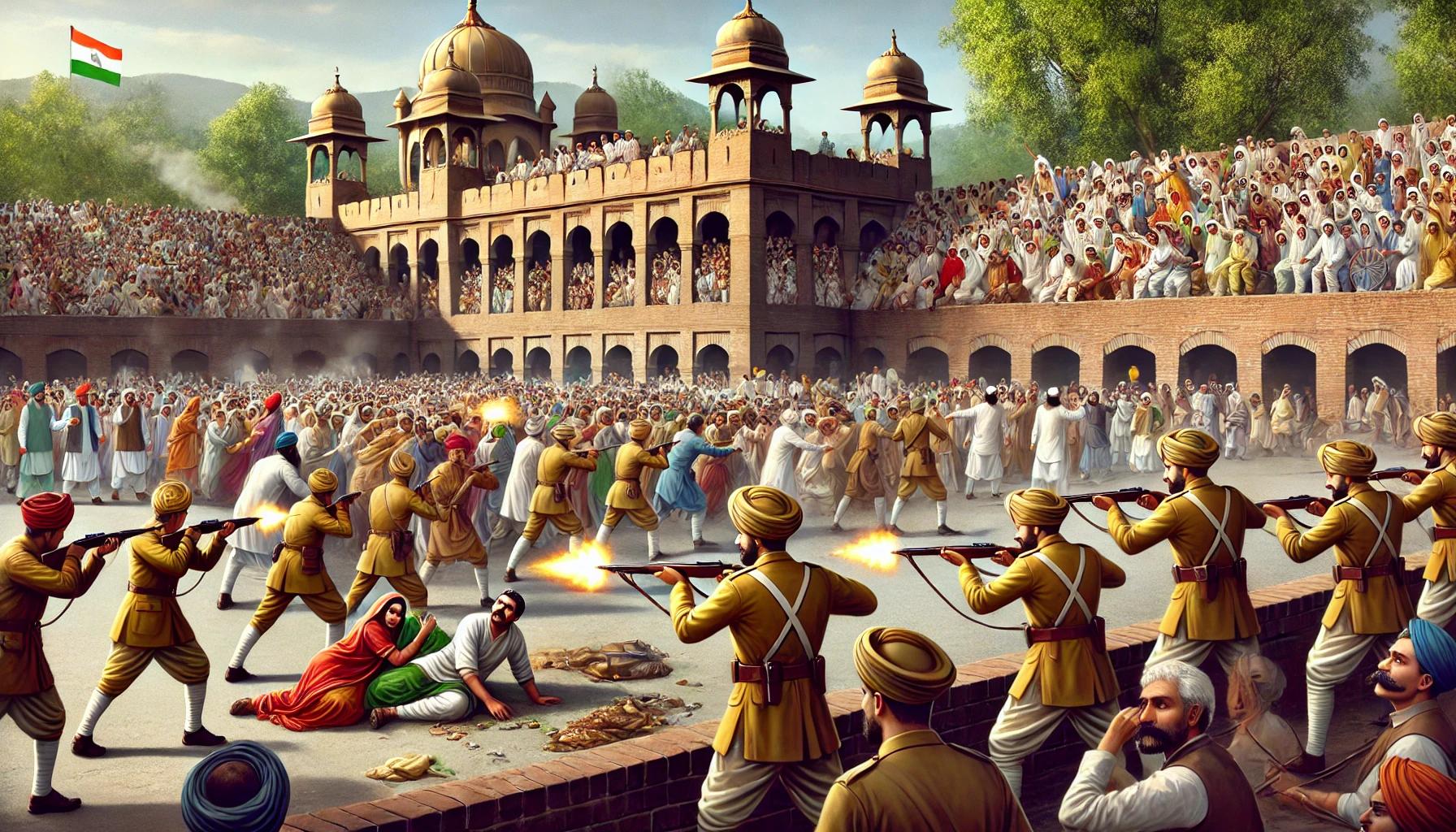
1919


Year 1919
Jallianwala Bagh 
Massacre


1919
The brutal massacre of hundreds of unarmed Indian civilians by British troops in Amritsar deeply shocked the nation and galvanized the independence movement.


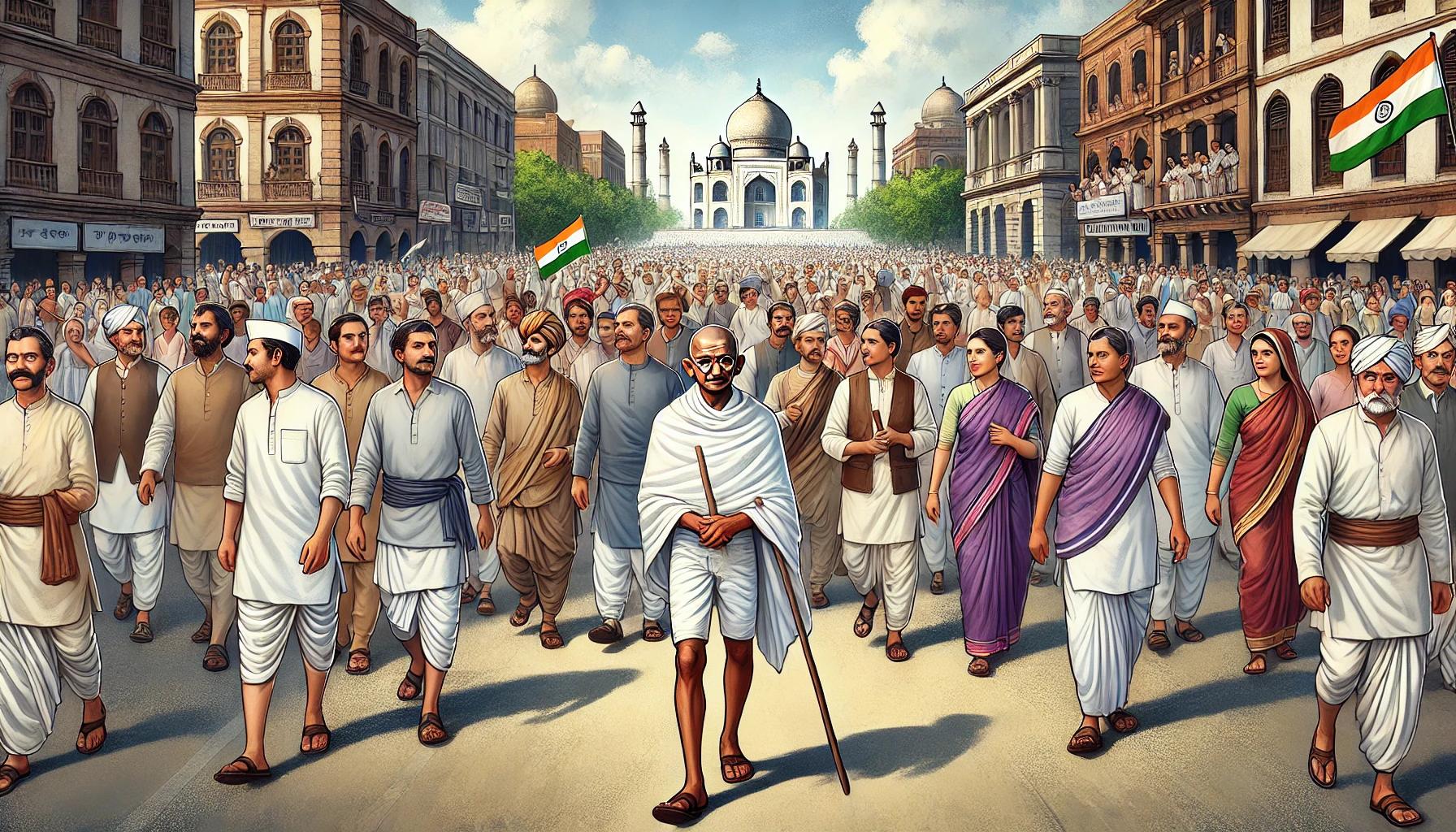
1920-1922

Year 1920-1922
Non-Cooperation 
Movement
Led by Mahatma Gandhi, the Non-Cooperation Movement was his first attempt through a nationwide campaign to resist British rule through nonviolent means, including boycotts of British goods and institutions, and give India self-governance. Even though it was unsuccessful, it was instrumental in the larger movement.
Protests against British goods were most prominent in Bombay. Police had to resort to firing to quell them and it was in one of these incidents that Babu Genu, a mill worker, lost his life while protesting. A chowk is named after him in Mumbai’s Kalbadevi.


Year 1920-1922
Non-Cooperation 
Movement


1920-1922
Led by Mahatma Gandhi, the Non-Cooperation Movement was his first attempt through a nationwide campaign to resist British rule through nonviolent means, including boycotts of British goods and institutions, and give India self-governance. Even though it was unsuccessful, it was instrumental in the larger movement.
Protests against British goods were most prominent in Bombay. Police had to resort to firing to quell them and it was in one of these incidents that Babu Genu, a mill worker, lost his life while protesting. A chowk is named after him in Mumbai’s Kalbadevi.


1930-1934
Civil 
Disobedience Movement
Another movement led by Mahatma Gandhi, the Civil Disobedience Movement was started on the principle of defying British regulations. It also saw him embark on the Salt March, where he led a march from his ashram in Sabarmati to the village of Dandi as a sign of peaceful protest.

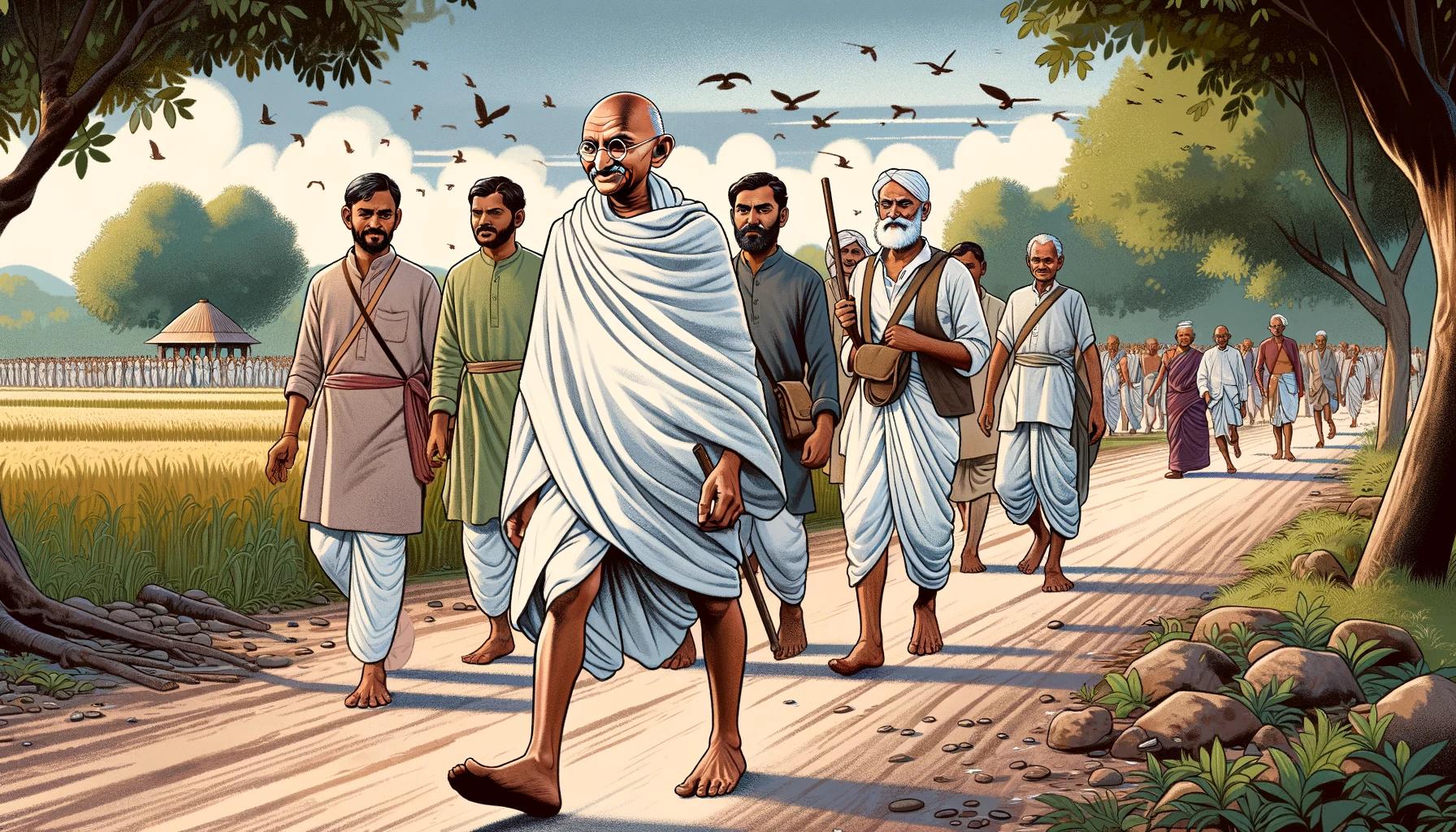
1930-1934
Vinoba Bhave, a prominent Gandhian leader, was an important part of the salt march. He later went on to lead Bhudaan movement (land donation for poor).


1930-1934
Civil 
Disobedience Movement


1930-1934
Another movement led by Mahatma Gandhi, the Civil Disobedience Movement was started on the principle of defying British regulations. It also saw him embark on the Salt March, where he led a march from his ashram in Sabarmati to the village of Dandi as a sign of peaceful protest.
Vinoba Bhave, a prominent Gandhian leader, was an important part of the salt march. He later went on to lead Bhudaan movement (land donation for poor).


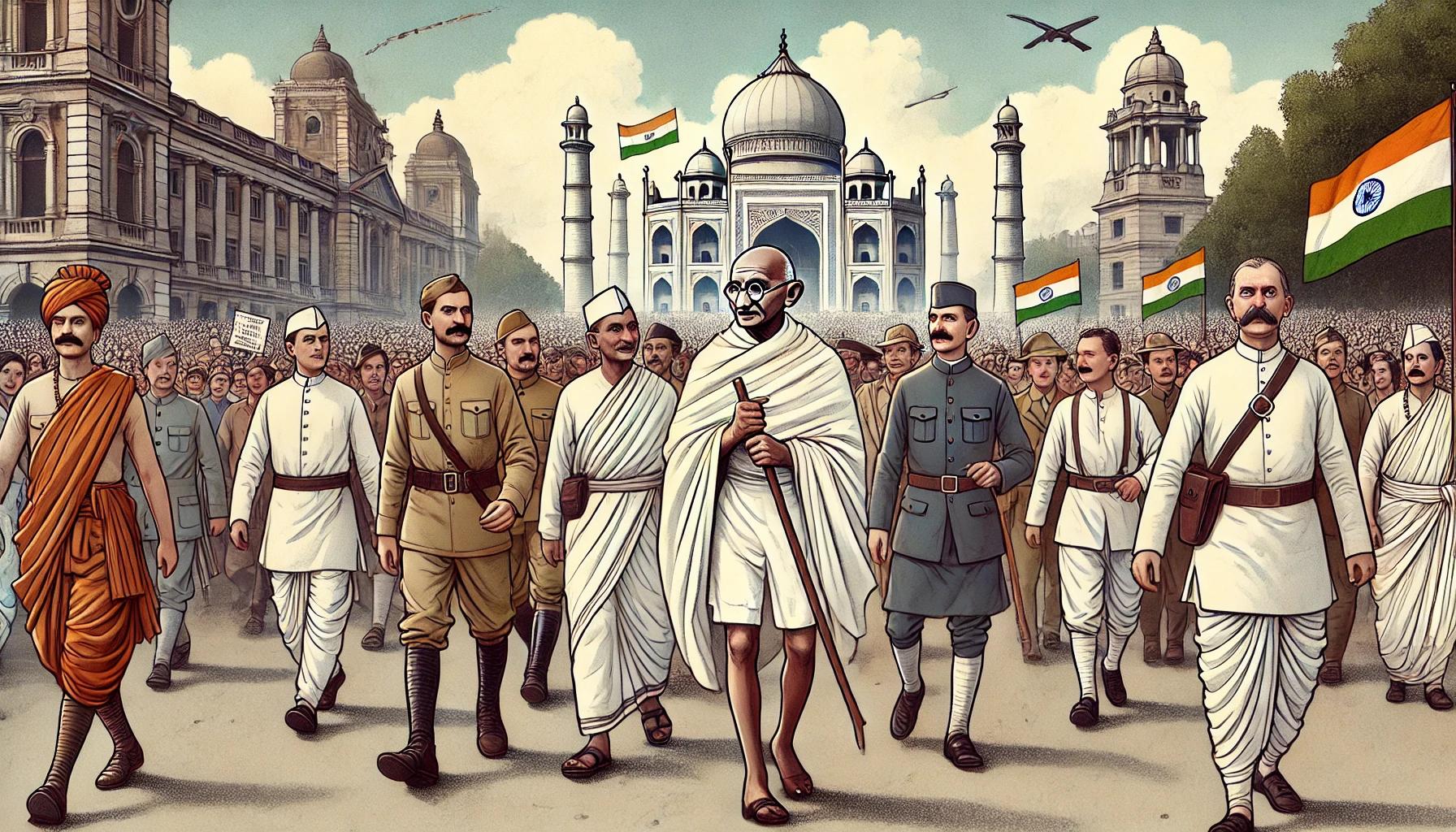
1942

Year 1942
Quit 
India Movement
Launched by Mahatma Gandhi with the Indian National Congress on August 8, 1942, it was a demand to end British rule in India, after India refused support to British war efforts during the World War II. Even though the British were busy with the war, they imprisoned the entire Indian National Congress leadership within hours.
The call for the British to quit India was given at a meeting at Gowalia Tank Maidan, now known as August Kranti Maidan on August 9, 1942.


Year 1942
Quit 
India Movement


Year 1942
Launched by Mahatma Gandhi with the Indian National Congress on August 8, 1942, it was a demand to end British rule in India, after India refused support to British war efforts during the World War II. Even though the British were busy with the war, they imprisoned the entire Indian National Congress leadership within hours.


Year 1946
Royal 
Indian Navy Mutiny
Popularly known as the 1946 Indian Naval Uprising, it saw navy personnel, police and soldiers along with civilians' revolt against the British government in India. While it was an unsuccessful attempt that started in Bombay, it spread throughout the country.

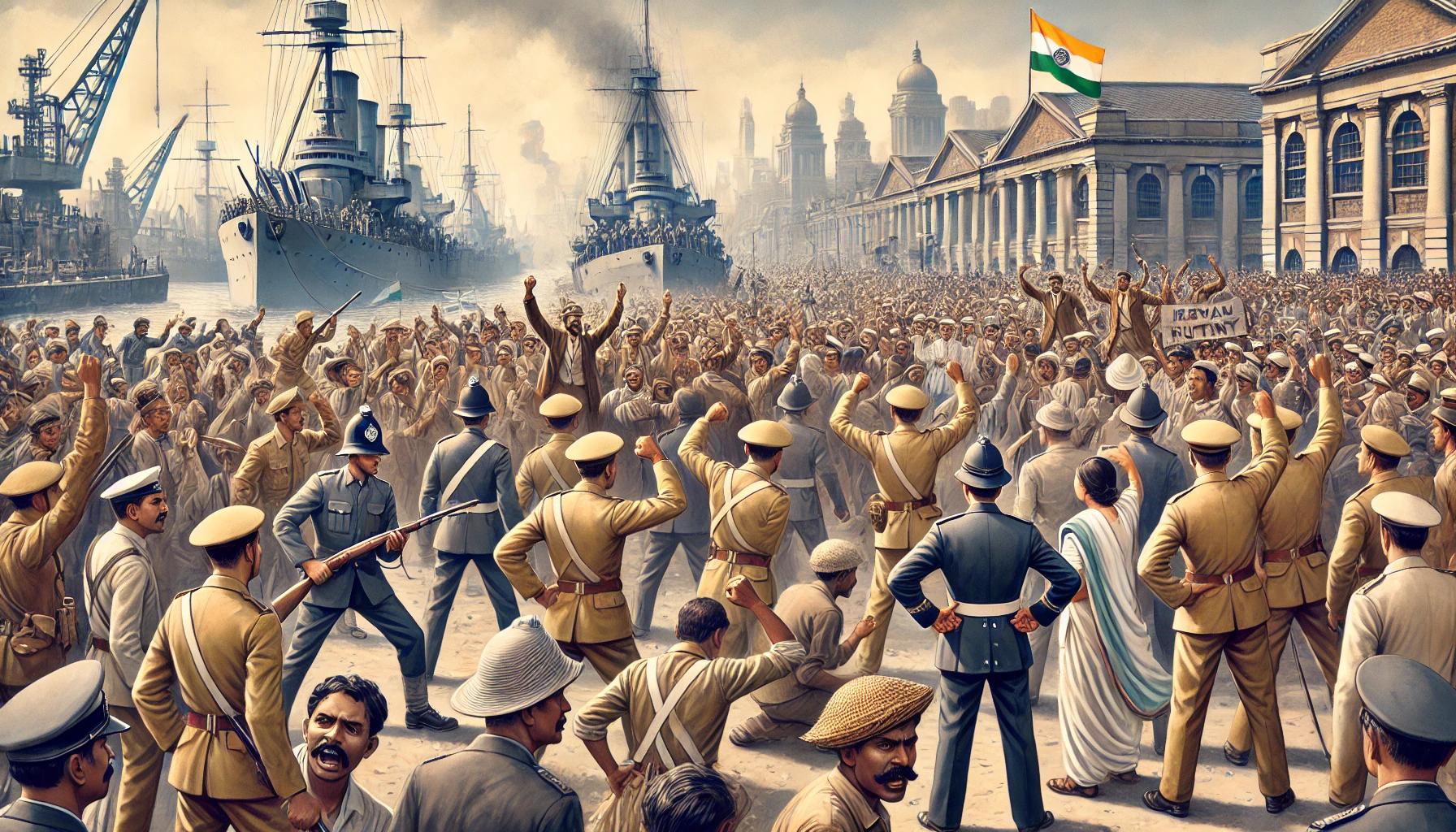
1946
The call for the British to quit India was given at a meeting at Gowalia Tank Maidan, now known as August Kranti Maidan on August 9, 1942.


Year 1946
Royal 
Indian Navy Mutiny


1946
Popularly known as the 1946 Indian Naval Uprising, it saw navy personnel, police and soldiers along with civilians' revolt against the British government in India. While it was an unsuccessful attempt that started in Bombay, it spread throughout the country.


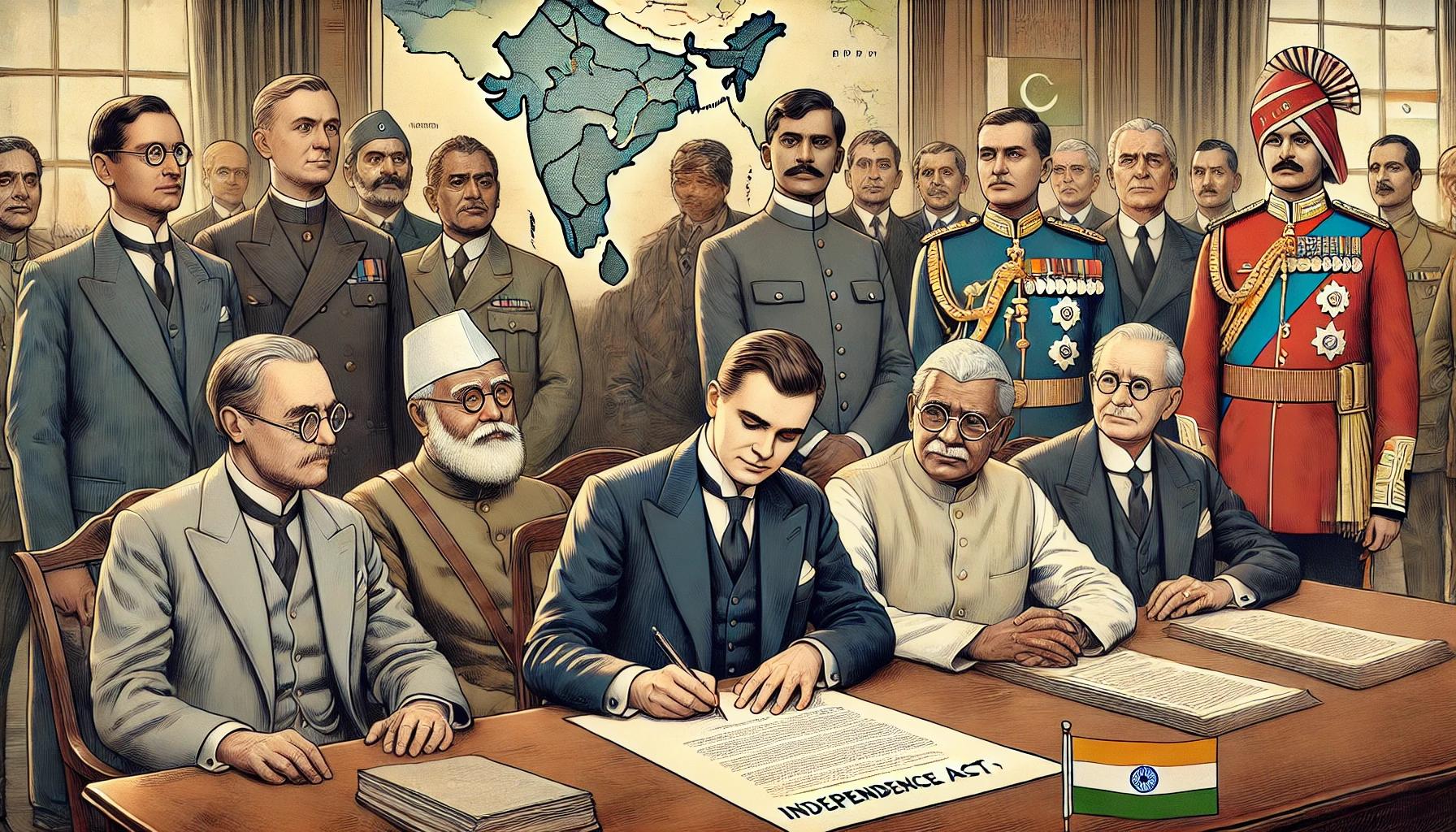
1947

Year 1947
Indian 
Independence Act
The Indian Independence Act of 1947 was an act passed by the British Parliament to end British rule in India. It also led to the partition of India into two separate countries, India and Pakistan, on August 15, 1947.

Year 1947
Indian 
Independence Act


1947
The Indian Independence Act of 1947 was an act passed by the British Parliament to end British rule in India. It also led to the partition of India into two separate countries, India and Pakistan, on August 15, 1947.


